Browse
By Subject: Environmental Studies (General)
View: By Date | Alphabetical | eBooks | Paperbacks
-
eBook available
 Published September 2025
Published September 2025 Animal Genocide and its Aftermath
The Tasmanian Tiger and the Newfoundland Wolf
Chare, N.
An exacting assessment of the bounty policies that facilitated the extinction of the Tasmanian Tiger and the Newfoundland Wolf, Animal Genocide and its Aftermath re-evaluates the legal, political, and social definition of animal killing, proposing it constitutes a form of genocide that requires a historical and cultural reckoning.
Subject: Environmental Studies (General) Cultural Studies (General)
Hb -
 Published March 2022
Published March 2022 Animals, Plants and Afterimages
The Art and Science of Representing Extinction
Bienvenue, V. & Chare, N. (eds)
From quaggas to thylacine to dinosaurs, Animals, Plants and Afterimages brings together leading scholars in the humanities and life sciences to explore how extinct species are represented in media, art, literature and elsewhere, crossing academic boundaries to explore how portrayals of disappeared species embody cultural assumptions.
Subjects: Media Studies Environmental Studies (General) Cultural Studies (General)
Paperback available -
eBook available
 Published August 2012
Published August 2012 Animism in Rainforest and Tundra
Personhood, Animals, Plants and Things in Contemporary Amazonia and Siberia
Brightman, M., Grotti, V. E., & Ulturgasheva, O. (eds)
Subjects: Anthropology of Religion Environmental Studies (General) Anthropology (General)
Hb
Paperback available -
 Published October 2021
Published October 2021 The Anthroposcene of Weather and Climate
Ethnographic Contributions to the Climate Change Debate
Sillitoe, P. (ed)
While it is widely acknowledged that climate change is among the greatest global challenges of our times, it has local implications too. This volume forefronts these, giving anthropology a voice in this great debate, which natural scientists and policy makers have dominated thus far.
Subjects: Environmental Studies (General) Political and Economic Anthropology Urban Studies Sustainable Development Goals
Paperback available -
eBook available
 Published April 2022
Published April 2022 Arctic Abstractive Industry
Assembling the Valuable and Vulnerable North
Mason, A. (ed)
Examining the processes at work in sites of industrial extraction and ecological vulnerability in the contemporary Arctic, this book looks at the displacements that conceal exploitation, on the one hand, and appropriations of value on the other.
Subjects: Anthropology (General) Environmental Studies (General) Development Studies Sustainable Development Goals
Hb
Paperback available -
 Published January 2026
Published January 2026 Arctic Silk Roads
An Anthropology of the Unbuilt
Magnani, N. & Magnani, M. (Eds.)
As climate change accelerates, melting sea ice is fueling the global imagination and geopolitical anticipation of the Arctic region’s accessible transport routes and possibilities for resource extraction. Arctic Silk Roads examines the different conditions under which top-down infrastructural dreams facilitate or constrain individual agencies.
Subjects: Political and Economic Anthropology Environmental Studies (General) Development Studies Sustainable Development Goals
-
eBook available
 Published February 2019
Published February 2019 At Home on the Waves
Human Habitation of the Sea from the Mesolithic to Today
King, T. J. & Robinson, G. (eds)
This collection explores the variety of ways in which people have long made themselves at home at sea, bringing together both ethnographic and archaeological research – much of it with an explicit Ingoldian approach – on a wide range of geographical areas and historical periods.
Subjects: Anthropology (General) Archaeology Environmental Studies (General)
Hb
Paperback available -
eBook available
 Published August 2024
Published August 2024 The Attempt to Stay
Dam Building, Displacement, and Resistance in the Nile Valley, Sudan
Hänsch, V.
The construction of the Merowe Dam along the Nile in northern Sudan flooded local villages and forced thousands of inhabitants to flee to higher ground. This book follows the Manasir people’s attempts to resist state-run resettlement schemes, preserve their homeland, and try out meaningful ways of life along the emerging reservoir.
Subjects: Political and Economic Anthropology Development Studies Environmental Studies (General) Sustainable Development Goals
Hb -
eBook available
 Published September 2023
Published September 2023 Between the Forest and the Road
The Waorani Struggle for Living Well in the Ecuadorian Oil Circuit
Bravo Díaz, A.
During the past two decades Ecuadorians have engaged in a national debate around Buen Vivir (living well). This ethnography discusses one of the ways in which people experience well-being or aspire to live well in Ecuadorian Amazonia. Waponi Kewemonipa (living well) is a Waorani notion that embraces ideas of good conviviality, health and certain ecological relations.
Subjects: Anthropology (General) Political and Economic Anthropology Environmental Studies (General) Sustainable Development Goals
Hb -
 Published February 2015
Published February 2015 Beyond the Lens of Conservation
Malagasy and Swiss Imaginations of One Another
Keller, E.
This ethnography examines how the cooperation between a national park in Madagascar and a Swiss zoo is perceived by ordinary people at either end. One view focuses on power and history, the other on morality and progress. Nature conservation therefore widens the gap between people in the North and South.
Subjects: Anthropology (General) Environmental Studies (General) Development Studies Political and Economic Anthropology
Hb
Paperback available -
eBook available
 Published April 2020
Published April 2020 Beyond Wild and Tame
Soiot Encounters in a Sentient Landscape
Oehler, A. C.
Responding to recent scholarship, this book examines animal domestication and offers a Soiot approach to animals and landscapes, which transcends the wild-tame dichotomy. It is an ethnography intended to help us reinvent our relations with the earth in unpredictable times.
Subject: Environmental Studies (General)
Hb
Paperback available -
eBook available
 Published July 2020
Published July 2020 Birds of Passage
Hunting and Conservation in Malta
Falzon, M.-A.
Drawing on years of ethnographic fieldwork in Malta, this book traces the complex interactions between hunters, birds and the landscapes they inhabit, as well as the dynamics and politics of bird conservation. Birds of Passage looks at the practice and meaning of hunting in a specific context, and raises broader questions about human-wildlife interactions and the uncertain outcomes of conservation.
Subjects: Anthropology (General) Environmental Studies (General) Sustainable Development Goals
Hb
Paperback available -
 Published May 2006
Published May 2006 Building on Water
Venice, Holland and the Construction of the European Landscape in Early Modern Times
Ciriacono, S.
Subjects: Environmental Studies (General) History: Medieval/Early Modern Urban Studies
Hb -
eBook available
 Published October 2018
Published October 2018 Changes in the Air
Hurricanes in New Orleans from 1718 to the Present
Rohland, E.
Changes in the Air looks at New Orleans and its changing cultural responses to hurricanes over three centuries, carefully exploring the complex interplay of sociopolitical, economic, legal, and cultural factors in the development or stagnation of adaptive practices.
Subjects: Environmental Studies (General) History (General) Urban Studies Sustainable Development Goals
Hb
Paperback available -
eBook available
 Published March 2016
Published March 2016 Choreographies of Landscape
Signs of Performance in Yosemite National Park
Ness, S. A.
This original and cross-disciplinary book studies the experiences of Yosemite park visitors in order to understand human connection with and within natural landscapes. It grounds a sophisticated semiotic analysis in the lived experiences of parkgoers, assembling a collective account that will be of interest in disciplines ranging from performance studies to cultural geography.
Subjects: Performance Studies Anthropology (General) Environmental Studies (General)
Hb -
eBook available
 Published October 2023
Published October 2023 Cinema and the Environment in Eastern Europe
From Communism to Capitalism
Shpolberg, M. & Brasiskis, L. (eds)
Cinema and the Environment in Eastern Europe traces from the 1970s through the post 1989 period how documentaries and filmmakers began to articulate alternative, aesthetically and ideologically provocative visions of the relationship between human and natural worlds.
Subjects: Film and Television Studies Environmental Studies (General) Cultural Studies (General)
Hb
Paperback available -
eBook available
 Published November 2012
Published November 2012 Civilizing Nature
National Parks in Global Historical Perspective
Gissibl B., Höhler, S. & Kupper, P. (eds)
Subjects: Environmental Studies (General) History (General) Heritage Studies
Hb
Paperback available -
eBook available
 Published February 2020
Published February 2020 Colonial Seeds in African Soil
A Critical History of Forest Conservation in Sierra Leone
Munro, P.
Drawing upon the fields of environmental history and political ecology, Colonial Seeds in African Soil unravels the complex forest conservation history of Sierra Leone during the 20th century. It grounds a broader trans-national history of Empire Forestry with a case study focused on Sierra Leone, examining how colonial ideas shaped forest conservation in West Africa.
Subjects: Environmental Studies (General) Colonial History History: 20th Century to Present
Hb -
eBook available
 Published May 2025
Published May 2025 Conservation and Mobile Indigenous Peoples
Displacement, Forced Settlement and Sustainable Development
Chatty, D. & Colchester, M. (eds)
The second edition of this remarkable book updates the immense advances in policy and soft international law with regards to the rights of mobile indigenous peoples in conservation.
Subjects: Refugee and Migration Studies Environmental Studies (General) Development Studies Sustainable Development Goals
Hb
Paperback available -
eBook available
 Published June 2020
Published June 2020 Conservation’s Roots
Managing for Sustainability in Preindustrial Europe, 1100–1800
Dowling, A. P. & Keyser, R. (eds)
Conservation’s Roots illuminates the diversity of practices in premodern environmental history across Europe from the Middle Ages to the brink of modernity. It emphasizes that the ways in which we currently understand “conservation” in the West, which is generally presumed to be a modern invention, are deeply rooted in the environmental practices and regulation of medieval and early modern Europe.
Subjects: History (General) Environmental Studies (General) Sustainable Development Goals
Hb -
eBook available
 Published August 2021
Published August 2021 Constructing Risk
Disaster, Development, and the Built Environment
Bender, S. O.
Reviewing current policies and practices, the book assesses the financial, economic and physical risk of building in hazardous areas, and looks at how societies are trying to create a more resilient built environment in spite of the dangers.
Subjects: Environmental Studies (General) Development Studies Political and Economic Anthropology Sustainable Development Goals
Hb
Paperback available -
eBook available
 Published August 2021
Published August 2021 Contemporary Megaprojects
Organization, Vision, and Resistance in the 21st Century
Schindler, S., Fadaere, S., Brockington, D. (eds)
Contemporary “megaprojects” have evolved from the centralized, modernist projects undertaken in the past. With case studies ranging from mega-plantations in Southeast Asia to sports events, Contemporary Megaprojects explores the increasing ambition and pervasiveness of these projects, as well as their significant impact on both society and the environment.
Subjects: Development Studies Environmental Studies (General) Cultural Studies (General) Sustainable Development Goals
Hb
Paperback available -
 Published September 2016
Published September 2016 Contextualizing Disaster
Button, G. V. & Schuller, M. (eds)
Contextualizing Disaster argues that, while disasters are increasingly represented by the media as unique, exceptional, newsworthy events, it is a mistake to think of disasters as isolated or discrete occurrences.
Subjects: Anthropology (General) Environmental Studies (General) Applied Anthropology
Paperback available -
 Published January 2007
Published January 2007 Conversations on the Beach
Fishermen's Knowledge, Metaphor and Environmental Change in South India
Hoeppe, G.
Subjects: Environmental Studies (General) Anthropology (General)
Hb -
 Published February 2022
Published February 2022 Cooling Down
Local Responses to Global Climate Change
Hoffman, S. M., Eriksen, T. H., & Mendes, P. (eds)
Climate change is a slowly advancing crisis sweeping over the planet and affecting different habitats in strikingly diverse ways. While nations have signed treaties and implemented policies, most actual climate change assessments, adaptations, and countermeasures take place at the local level. This book portrays the diversity of explanations and remedies as expressed at the community level.
Subjects: Environmental Studies (General) Political and Economic Anthropology Urban Studies Sustainable Development Goals
Paperback available -
 Published December 2007
Published December 2007 Coping with Distances
Producing Nordic Atlantic Societies
Baerenholdt, J. O.
Subjects: Anthropology (General) Environmental Studies (General) Travel and Tourism
Hb
Paperback available -
 Published May 2023
Published May 2023 Corporate Social Responsibility and the Paradoxes of State Capitalism
Ethnographies of Norwegian Energy and Extraction Businesses Abroad
Knudsen, S. (ed)
Through a series of case studies in diverse regions of the world, this book explores how transnational Norwegian energy and extractive industries handle corporate social responsibility (CSR) when operating abroad.
Subjects: Political and Economic Anthropology Environmental Studies (General) Applied Anthropology Sustainable Development Goals
Paperback available -
 Published July 2014
Published July 2014 Creating Wilderness
A Transnational History of the Swiss National Park
Kupper, P.
The history of the Swiss National Park, from its creation in the years before the Great War to the present, is told for the first time in this book. The Swiss park became the prime example of a “scientific national park,” thereby influencing the course of national parks worldwide. Creating Wilderness consequently situates the park’s fascinating history within a transnational conservation framework.
“This is environmental history of the first order, ranging widely across geographical scales and historical periods to trace the changing discourses and manifestations of the national park model.” · Andrew Denning, Western Washington University
Subjects: History: 20th Century to Present Environmental Studies (General)
Hb -
 Published January 2004
Published January 2004 Cultivating Arctic Landscapes
Knowing and Managing Animals in the Circumpolar North
Anderson, D. G. & Nuttall, M. (eds)
Subjects: Environmental Studies (General) Anthropology (General)
Hb
Paperback available -
 Published April 2008
Published April 2008 Culture and the Changing Environment
Uncertainty, Cognition, and Risk Management in Cross-Cultural Perspective
Casimir, M. J. (ed)
Subjects: Environmental Studies (General) Theory and Methodology
Hb
Paperback available -
 Published December 2002
Published December 2002 The Culture of German Environmentalism
Anxieties, Visions, Realities
Goodbody, A.
Subjects: Environmental Studies (General) Cultural Studies (General)
Hb
Paperback available -
eBook available
 Published December 2015
Published December 2015 Cycling and Recycling
Histories of Sustainable Practices
Oldenziel, R. & Trischler, H. (eds)
In recent years, activists and policymakers have increasingly turned to mobilizing older technologies in their pursuit of sustainability, and waste recycling and bicycles both exemplify this development. This series of fascinating case studies traces the twin histories of biking and recycling, providing valuable context for today’s policy challenges.
Subjects: Environmental Studies (General) History (General) Transport Studies Sustainable Development Goals
Hb
Paperback available -
 Published June 2021
Published June 2021 Delta Life
Exploring Dynamic Environments where Rivers Meet the Sea
Krause, F. & Harris, M. (eds)
Proposing a series of innovative steps towards better understanding human lives at the interstices of water and land, this volume includes eight ethnographies from deltas around the world. The book presents ‘delta life’ with intimate descriptions of the predicaments, imaginations and activities of delta inhabitants.
Subjects: Environmental Studies (General) Anthropology (General) Sociology
Paperback available -
eBook available
 Published October 2017
Published October 2017 Democratic Eco-Socialism as a Real Utopia
Transitioning to an Alternative World System
Baer, H. A.
As global economic and population growth continues to skyrocket, increasingly strained resources have ignited the search for an alternative to capitalism. Democratic Eco-Socialism as a Real Utopia outlines the urgent need to reevaluate the current system, and replace it with one capable of mobilizing people globally to prevent on-going human socio-economic, environmental degradation, and anthropogenic climate change.
Subjects: Environmental Studies (General) Political and Economic Anthropology Anthropology (General)
Hb
Paperback available -
eBook available
 Published January 2025
Published January 2025 Desert Entanglements
The Making of the Badiya by Sahrawi Refugees of Western Sahara
Volpato, G.
The Sahrawi refugees in southwestern Algeria have struggled from exile for fifty years to reconfigure the animated desert they call badiya. They recovered camel husbandry and access to part of the former rangeland, and wove it back as seasonal nomadism. Desert Entanglements analyzes this process as an act of place-making premised on refugees’ agency.
Subjects: Anthropology (General) Environmental Studies (General) Refugee and Migration Studies Sustainable Development Goals
Hb -
 Published November 2023
Published November 2023 Designing Knowledge Economies for Disaster Resilience
Case Studies from the African Diaspora
Waldron-Moore, P. (ed)
Acknowledging that low economic development and high climate costs do not equitably coexist, this collected volume interrogates the challenge for disaster-prone territories to determine supplemental strategies for restructuring and redesigning their environment.
Subjects: Environmental Studies (General) Political and Economic Anthropology Development Studies Sustainable Development Goals
-
eBook available
 Published October 2019
Published October 2019 Disaster Upon Disaster
Exploring the Gap Between Knowledge, Policy and Practice
Hoffman, S. M. & Barrios, R. E. (eds)
A consistent problem that confronts disaster reduction is the disjunction between academic and expert knowledge and policies and practices of agencies mandated to deal with the concern. Disaster Upon Disaster illuminates the numerous disjunctions between the suppositions, realities, agendas, and executions in the field and advances solutions and the matter of outcomes.
Subjects: Environmental Studies (General) Anthropology (General) Applied Anthropology
Hb
Paperback available -
eBook available
 Published March 2016
Published March 2016 Disrupted Landscapes
State, Peasants and the Politics of Land in Postsocialist Romania
Dorondel, S.
The fall of the Soviet Union led not only to new regimes of ownership and development but to dramatic changes in the landscape itself. This study focuses on the emblematic case of postsocialist Romania, in which the transition from collectivization to privatization profoundly reshaped the nation’s forests, farmlands, and rivers.
Subjects: Environmental Studies (General) History: 20th Century to Present
Hb
Paperback available -
 Published February 2007
Published February 2007 Driving Germany
The Landscape of the German Autobahn, 1930-1970
Zeller, T.
Subjects: Transport Studies History: 20th Century to Present Mobility Studies Environmental Studies (General)
Hb
Paperback available -
eBook available
 Published November 2020
Published November 2020 Dust Inside
Fighting and Living with Asbestos-Related Disasters in Brazil
Mazzeo, A.
Toxic production, disrupted lives and contaminated bodies. Care for unacknowledged suffering, incurable cancers, and immeasurable losses. This book bears witness to the invisible disasters provoked by the asbestos market worldwide and gives a voice to the communities of survivors who struggle daily in the name of social and environmental justice.
Subjects: Medical Anthropology Environmental Studies (General)
Hb -
 Published August 2011
Published August 2011 Ecofeminism and Rhetoric
Critical Perspectives on Sex, Technology, and Discourse
Vakoch, D. A. (ed)
Subjects: Gender Studies and Sexuality Environmental Studies (General) Cultural Studies (General) Sociology
Hb -
eBook available
 Published December 2015
Published December 2015 Ecological Migrants
The Relocation of China's Ewenki Reindeer Herders
Xie, Y.
This ethnography details changing Ewenki ways of life brought China’s recent ecological migration policies, which aim to preserve and restore the badly damaged ecologies of western China. This ethnography examines these policies and their effects on Aoluguya Ewenki hunters, who have been relocated.
Subjects: Anthropology (General) Environmental Studies (General)
Hb
Paperback available -
eBook available
 Published November 2020
Published November 2020 Ecological Nostalgias
Memory, Affect and Creativity in Times of Ecological Upheavals
Angé, O. & Berliner, D. (eds)
Introducing the study of econostalgias through a variety of rich ethnographic cases, this volume argues that a strictly human centered approach does not account for contemporary longings triggered by ecosystem upheavals.
Subjects: Anthropology (General) Environmental Studies (General) Cultural Studies (General) Memory Studies
Hb
Paperback available -
eBook available
 Published September 2018
Published September 2018 Edges, Fringes, Frontiers
Integral Ecology, Indigenous Knowledge and Sustainability in Guyana
Henfrey, T. B.
Based on an ethnographic account of subsistence forest use by Wapishana people in Guyana and developing an original analytical framework, Edges, Frontiers, Fringes examines the social, cultural and behavioral bases for sustainability and resilience in indigenous resource use.
Subjects: Anthropology (General) Environmental Studies (General)
Hb -
eBook available
 Published June 2021
Published June 2021 Embracing Landscape
Living with Reindeer and Hunting among Spirits in South Siberia
Küçüküstel, S.
Examining human-animal relations among the reindeer hunting and herding Dukha community in northern Mongolia, this book focuses on concepts such as domestication and wildness from an indigenous perspective. By looking into hunting rituals and herding techniques, the ethnography questions the dynamics between people, domesticated reindeer, and wild animals.
Subjects: Anthropology (General) Environmental Studies (General)
Hb
Paperback available -
 Published March 2022
Published March 2022 Engaging Environments in Tonga
Cultivating Beauty and Nurturing Relations in a Changing World
Perminow, A. A.
On March 11, 2011, a tsunami warning was issued for Tonga in Polynesia. On the low and small island of Kotu, people were unperturbed in the face of pending catastrophe. The book is an ethnography of the relationship between people and their environment based on fieldwork over three decades.
Subjects: Anthropology (General) Environmental Studies (General) Development Studies
Paperback available -
 Published April 2022
Published April 2022 Environing Empire
Nature, Infrastructure and the Making of German Southwest Africa
Kalb, M.
Between the infamous Benguela Current and the Namib Desert, nature significantly effected the progression of German imperialism and the creation of German Southwest Africa. Environing Empire reveals the environmental infrastructures that defined not only the culture of German colonial entanglements, but the fantasy that drove Lebensraum during the Second Reich.
Subjects: History: 20th Century to Present Environmental Studies (General)
Paperback available -
eBook available
 Published July 2012
Published July 2012 Environment and Citizenship in Latin America
Natures, Subjects and Struggles
Latta, A. & Wittman, H. (eds)
Subjects: Environmental Studies (General) Anthropology (General)
Hb
Paperback available -
eBook available
 Published June 2006
Published June 2006 The Environment and Sustainable Development in the New Central Europe
Bochniarz, Z. & Cohen G. (eds)
Subjects: Environmental Studies (General) History: 20th Century to Present Sustainable Development Goals
Hb
Paperback available -
 Published November 2003
Published November 2003 The Environment in Jewish Law
Essays and Responsa
Jacob, W. & Zemer, M. (eds)
Subjects: Jewish Studies Environmental Studies (General)
Pb -
eBook available
 Published April 2013
Published April 2013 Environmental Anthropology Engaging Ecotopia
Bioregionalism, Permaculture, and Ecovillages
Lockyer, J. & Veteto, J. R. (eds)
Subjects: Environmental Studies (General) Anthropology (General)
Hb
Paperback available -
eBook available
 Published August 2008
Published August 2008 Environmental Organizations in Modern Germany
Hardy Survivors in the Twentieth Century and Beyond
Markham, W. T.
Subjects: Environmental Studies (General) History: 20th Century to Present
Hb
Paperback available -
eBook available
 Published June 2010
Published June 2010 Ethnobotany in the New Europe
People, Health and Wild Plant Resources
Pardo-de-Santayana, M., Pieroni, A. & Puri, R. (eds)
Subjects: Environmental Studies (General) Development Studies Anthropology (General) Medical Anthropology
Hb
Paperback available -
eBook available
 Published February 2003
Published February 2003 Ethnographies of Conservation
Environmentalism and the Distribution of Privilege
Anderson, D. & Berglund, E. (eds)
Subjects: Environmental Studies (General) Anthropology (General)
Hb
Paperback available -
 Published April 2021
Published April 2021 Ethnographies of Power
A Political Anthropology of Energy
Loloum, T., Abram, S., & Ortar, N. (eds)
Energetic infrastructures are crucial to political organization. They shape the contours of states and international bodies, as well as corporations and communities, framing their material existence and their fears and idealisations of the future. Ethnographies of Power brings together ethnographic studies of contemporary entanglements of energy and political power.
Subjects: Anthropology (General) Political and Economic Anthropology Environmental Studies (General) Sustainable Development Goals
Paperback available -
 Forthcoming July 2026
Forthcoming July 2026 Europe’s Disappearing Waste
Unanticipated Conflicts between Removal and Greening
Sosna, D.
Through ethnographic research conducted among landfill workers and waste pickers, Europe’s Disappearing Waste explores the inner workings of the Czech waste management system that is underpinned by the belief that waste should disappear.
Subjects: Anthropology (General) Environmental Studies (General)
-
 Published November 2011
Published November 2011 Extreme Heritage Management
The Practices and Policies of Densely Populated Islands
Baldacchino, G. (ed)
Subjects: Environmental Studies (General) Anthropology (General) Heritage Studies
Hb -
eBook available
 Published May 2015
Published May 2015 Fault Lines
Earthquakes and Urbanism in Modern Italy
Parrinello, G.
Although earthquakes can have disastrous effects on human lives and environments, they can also significantly influence urban development. This book follows the history of two Italian seismic disasters — the 1908 Messina earthquake and the 1968 earthquake in the Belice Valley, Sicily — exploring plans preceding the destruction and the urbanism that emerged from the ruins.
Subjects: Environmental Studies (General) History: 20th Century to Present
Hb
Paperback available -
eBook available
 Published August 2023
Published August 2023 The Feeling of the Fall
An Ethnographic Writing Experiment between the Belize Barrier Reef and the Edges of Toronto, Ontario
Taccone, I.
As an inquiry into engagements with forces of loss and threat, this work explores experimental ways to write about climate crisis in anthropology. From Belize to Ontario and back, this ambitious piece of ethnographic writing set during a time “beyond ruin” in a fictional, ecotourist community in the year 2040.
Subjects: Anthropology (General) Environmental Studies (General) Urban Studies
Hb -
eBook available
 Published February 2024
Published February 2024 Fig Trees and Humans
Ficus Ecology and Mutualisms across Cultures
Aumeeruddy-Thomas, Y.
Fig Trees and Humans examines the interactions between the biology and ecology of the genus Ficus and how humans use and think of Ficus species across the tropics and in the Mediterranean region.
Subjects: Anthropology (General) Environmental Studies (General)
Hb -
 Published December 2008
Published December 2008 Fishers and Scientists in Modern Turkey
The Management of Natural Resources, Knowledge and Identity on the Eastern Black Sea Coast
Knudsen, S.
Subjects: Environmental Studies (General) Development Studies Anthropology (General)
Hb
Paperback available -
eBook available
 Published March 2021
Published March 2021 Floating Economies
The Cultural Ecology of the Dal Lake in Kashmir, India
Casimir, M. J.
In the Himalayas of the Indian part of Kashmir three communities depend on the ecology of the Dal lake: market gardeners, houseboat owners and fishers. Floating Economies describes for the first time the complex intermeshing economy, social structure and ecology of the area against the background of history and the present volatile socio-political situation.
Subjects: Anthropology (General) Environmental Studies (General) Sustainable Development Goals
Hb -
 Published June 2017
Published June 2017 Footprints in Paradise
Ecotourism, Local Knowledge, and Nature Therapies in Okinawa
Murray, A. E.
In Okinawa, ecotourism promises to provide employment for a dwindling population of rural youth while preserving the natural environment and bolstering regional pride. Footprints in Paradise explores how sense of place in Okinawa is transformed as language, landscapes, and wildlife are reconstituted as treasured and vulnerable resources.
Subjects: Anthropology (General) Travel and Tourism Environmental Studies (General) Sustainable Development Goals
Paperback available -
eBook available
 Published December 2016
Published December 2016 The Forest People without a Forest
Development Paradoxes, Belonging and Participation of the Baka in East Cameroon
Lueong, G. M.
The Forest People without a Forest explores how the Baka, who live in Eastern Cameroon, assert forms of belonging in order to participate in development interventions, and how community life is shaped and reshaped through these interventions. These interventions raise paradoxes of belonging for the Baka, and are often targeted toward competing and contradictory goals.
Subjects: Development Studies Anthropology (General) Environmental Studies (General)
Hb
Paperback available -
 Published June 2013
Published June 2013 The Gaddi Beyond Pastoralism
Making Place in the Indian Himalayas
Wagner, A.
Subjects: Environmental Studies (General) Anthropology (General)
Hb -
eBook available
 Published August 2009
Published August 2009 Gardening the World
Agency, Identity and the Ownership of Water
Strang, V.
Subjects: Environmental Studies (General) Development Studies
Hb
Paperback available -
 Forthcoming March 2026
Forthcoming March 2026 The Give and Take of Wind
History, Struggle and Renewable Energy in the Mediterranean
Cappello, E.
This book addresses the industrial crises, environmental issues, and local attitudes toward energy transitions through case studies in Sardinia and San Pietro. By approaching European transitional politics from an ethnographic perspective, this study focuses on the practices, frameworks and alternative strategies of those who resist the EU Green Deal.
Subjects: Political and Economic Anthropology Environmental Studies (General) Sociology Sustainable Development Goals
-
eBook available
 Published March 2018
Published March 2018 Global Sustainability and Communities of Practice
Maida, C. A. & Beck, S, (eds)
Using case-based and theoretical chapters that examine rural and urban communities of practice, this volume illustrates how participatory researchers and students as well as policy and community leaders find ways to engage with the broader public when it comes to global sustainability research and practice. Collaboration between experts and the public is vital for effective community engagement aimed at improving the lives of the most vulnerable in society, whether at the local or global level.
Subjects: Environmental Studies (General) Anthropology (General)
Hb
Paperback available -
eBook available
 Published September 2020
Published September 2020 Going Forward by Looking Back
Archaeological Perspectives on Socio-Ecological Crisis, Response, and Collapse
Riede, F. & Sheets, P. (eds)
Catastrophes are on the rise due to climate change, as is their toll in terms of lives and livelihoods as world populations rise and people locate into hazardous places. This book catalogues a wide and diverse range of case studies of such disasters and human responses. This heritage of past disasters serves as inspiration for building culturally sensitive adaptions to present and future calamities, to mitigate their impacts, and facilitate recoveries.
Subjects: Archaeology Applied Anthropology Environmental Studies (General) Sustainable Development Goals
Hb
Paperback available -
 Published June 2006
Published June 2006 Green Encounters
Shaping and Contesting Environmentalism in Rural Costa Rica
Vivanco, L. A.
Subjects: Environmental Studies (General) Anthropology (General) Development Studies Sustainable Development Goals
Hb
Paperback available -
eBook available
 Published March 2025
Published March 2025 Groundwater Politics
Advanced Extractivism and Slow Resistance
Babidge, S.
The expanding mining industry in the Indigenous Atacameño-Likanantay territories in the hyper-arid Salar de Atacama in Chile are linked to the ecological harm to groundwater. The book addresses recent socioeconomic and political conditions it calls ‘advanced extractivism’ and asks how both ecological harm and mining economies are sustained.
Subjects: Environmental Studies (General) Political and Economic Anthropology Development Studies Sustainable Development Goals
Hb -
 Published November 2025
Published November 2025 Habsburg Natures
Imperial Governance and Environment in Central Europe, 1850-1918
Daheur, J. & Lučić, I. (eds)
An exacting analysis of the correlation between the environment and power, Habsburg Natures explores how the natural world fundamentally shaped the political and economic landscape within the Austro-Hungarian Empire from 1850 to 1918.
Subjects: History: 18th/19th Century History: 20th Century to Present Environmental Studies (General)
-
eBook available
 Published May 2017
Published May 2017 Hairy Hippies and Bloody Butchers
The Greenpeace Anti-Whaling Campaign in Norway
Riese, J.
This book provides an inside look at Greenpeace’s decades-long campaign against the Norwegian whaling industry. Combining historical narrative with sophisticated systems-theory analysis, it examines the organization’s failure to end Norwegian whaling, providing valuable lessons for other protest movements.
Subjects: Environmental Studies (General) History: 20th Century to Present Sociology
Hb -
eBook available
 Published August 2019
Published August 2019 Hazardous Chemicals
Agents of Risk and Change, 1800-2000
Homburg, E. & Vaupel, E. (eds)
Covering a host of both notorious and little-known substances, the chapters in this collection investigate the emergence of specific toxic, pathogenic, carcinogenic, and ecologically harmful chemicals as well as the scientific, cultural and legislative responses they have prompted over the past two hundred years.
Subjects: Environmental Studies (General) History: 18th/19th Century History: 20th Century to Present Sustainable Development Goals
Hb
Paperback available -
eBook available
 Published March 2024
Published March 2024 The Horse in My Blood
Multispecies Kinship in the Altai and Saian Mountains
Peemot, V. S.
Building upon Indigenous research epistemologies, Victoria Peemot engages with the study of how the human-horse relationships interact with each other, experience injustices and develop resilience strategies as multispecies unions.
Subjects: Anthropology (General) Environmental Studies (General) Sociology
Hb -
eBook available
 Published April 2024
Published April 2024 Humanism Revisited
An Anthropological Perspective
Pinxten, R.
As heirs of a ‘heteronomic’ tradition, we are still stuck in Eurocentrism (often racism), and now even threaten to ruin nature by destroying biodiversity and causing the climate to warm up dangerously. Applied through an anthropological perspective, this book calls for a NEED-humanism: Not-Eurocentric, Ecological and (economically) Durable approach that can help explore inclusion and pluralism.
Subjects: Theory and Methodology Anthropology (General) Environmental Studies (General)
Hb -
 Published April 2000
Published April 2000 Hunters and Gatherers in the Modern World
Conflict, Resistance, and Self-Determination
Biesele, M., Hitchcock, R. & Schweitzer, P. (eds)
Subjects: Development Studies Environmental Studies (General) Peace and Conflict Studies
Hb
Paperback available -
 Published December 2010
Published December 2010 Hunters in the Barrens
The Naskapi on the Edge of the White Man's World
Henriksen, G.
Subjects: Anthropology (General) Environmental Studies (General)
Pb -
eBook available
 Published October 2014
Published October 2014 Hunters, Predators and Prey
Inuit Perceptions of Animals
Laugrand, F. & Oosten, J.
Inuit hunting traditions are rich in perceptions, practices and stories relating to animals and human beings. Laugrand and Oosten examine the roles of animals from the small and non-social, such as the raven, to those considered fellow hunters, the bear and the dog. “Prey par excellence,” or caribou, seals, and the whale, are discussed in conjunction with the renewal of whale hunting.
Subjects: Anthropology (General) Environmental Studies (General)
Hb
Paperback available -
 Published October 2008
Published October 2008 I Dreamed the Animals
Kaniuekutat: The Life of an Innu Hunter
Henriksen, G.
Subjects: Anthropology (General) Environmental Studies (General)
Hb
Paperback available -
eBook available
 Published October 2018
Published October 2018 Ice and Snow in the Cold War
Histories of Extreme Climatic Environments
Herzberg, J., Kehrt, C., & Torma, F. (eds)
This fascinating volume demonstrates that regions such as Alaska, the polar landscapes, and the cold areas of the Soviet periphery were of no small importance during the Cold War. Through histories of these extremely cold environments, this volume makes a novel intervention in Cold War historiography, one whose global and transnational approach undermines the simple opposition of “East” and “West.”
Subjects: History: 20th Century to Present Environmental Studies (General)
Hb
Paperback available -
eBook available
 Published September 2016
Published September 2016 In the Name of the Great Work
Stalin's Plan for the Transformation of Nature and its Impact in Eastern Europe
Olšáková, D. (ed)
Following Stalin’s lead, the newly communist states of Eastern Europe pursued a total “transformation of nature” in the 1940s and 1950s intended to improve agricultural outputs. This richly detailed volume follows the history of such projects in Poland, Hungary, and Czechoslovakia, exploring their varied, but largely disastrous, consequences.
Subjects: History: 20th Century to Present Environmental Studies (General)
Hb
Paperback available -
eBook available
 Published June 2017
Published June 2017 Indigeneity and the Sacred
Indigenous Revival and the Conservation of Sacred Natural Sites in the Americas
Sarmiento, F. & Hitchner, S. (eds)
This important contribution presents current research in the political ecology of indigenous revival and its role in nature conservation of sacred natural sites in the Americas. The book explores how struggles for land, rights, and political power are embedded within physical landscapes, and how indigenous identity is reformed as globalizing forces simultaneously threaten and promote the notion of indigeneity.
Subjects: Environmental Studies (General) Development Studies Anthropology (General) Heritage Studies
Hb
Paperback available -
 Published March 2022
Published March 2022 Indigenous Resurgence
Decolonialization and Movements for Environmental Justice
Dhillon, J.
Indigenous peoples around the world are standing up and speaking out against global capitalism to protect the land, water, and air. By placing Indigenous politics, histories, and ontologies at the center of our social movements for environmental justice, Indigenous Resurgence positions environmental justice within historical, social, political, and economic contexts.
Subjects: Environmental Studies (General) Applied Anthropology Colonial History Sustainable Development Goals
Paperback available -
eBook available
 Published December 2016
Published December 2016 International Organizations and Environmental Protection
Conservation and Globalization in the Twentieth Century
Kaiser, W. & Meyer, J.-H. (eds)
Environmental issues transcend national boundaries, and thus they have been a particular focus for international organizations for over a century. This volume is the first to comprehensively explore the environmental activities of regional bodies, professional communities, the United Nations, NGOs, and other international organizations during the twentieth century.
Subjects: Environmental Studies (General) History: 20th Century to Present Sustainable Development Goals
Hb
Paperback available -
eBook available
 Published January 2018
Published January 2018 Island Historical Ecology
Socionatural Landscapes of the Eastern and Southern Caribbean
Siegel, P. (ed)
Island Historical Ecology addresses Caribbean island ecologies from the perspective of social and cultural intervention, focusing on selected islands between Venezuela and Puerto Rico. This volume goes on to compare these ecologies with well-documented patterns in the Mediterranean and Pacific islands, placing the Caribbean into a larger context of island historical ecology.
Subjects: Archaeology Environmental Studies (General) Anthropology (General)
Hb
Paperback available -
eBook available
 Published January 2021
Published January 2021 Lands of the Future
Anthropological Perspectives on Pastoralism, Land Deals and Tropes of Modernity in Eastern Africa
Gabbert, E. C., Gebresenbet, F., Galaty, J. G., & Schlee, G. (eds)
Rangeland, forests and riverine landscapes of pastoral communities in Eastern Africa are increasingly under threat. Abetted by states who think that outsiders can better use the lands than the people who have lived there for centuries, outside commercial interests have displaced indigenous dwellers from pastoral territories. This volume presents case studies from Eastern Africa.
Subjects: Environmental Studies (General) Development Studies Mobility Studies Sustainable Development Goals
Hb
Paperback available -
eBook available
 Published February 2010
Published February 2010 Landscape Ethnoecology
Concepts of Biotic and Physical Space
Johnson, L. M. & Hunn, E. S. (eds)
Subjects: Environmental Studies (General) Development Studies Anthropology (General)
Hb
Paperback available -
eBook available
 Published April 2009
Published April 2009 Landscape, Process and Power
Re-evaluating Traditional Environmental Knowledge
Heckler, S. (ed)
Subjects: Environmental Studies (General) Development Studies Anthropology (General)
Hb
Paperback available -
eBook available
 Published September 2012
Published September 2012 Landscapes Beyond Land
Routes, Aesthetics, Narratives
Árnason, A., Ellison, N., Vergunst, J. & Whitehouse, A. (eds)
Subjects: Environmental Studies (General) Anthropology (General)
Hb
Paperback available -
eBook available
 Published September 2016
Published September 2016 Life as a Hunt
Thresholds of Identities and Illusions on an African Landscape
Marks, S. A.
The landscape of Zambia’s central Luangwa Valley has been crafted over centuries by the Valley Bisa who live there. Stuart Marks explores an emergent dissonance with the inconvenient conventions and myths of conservationists, administrators and philanthropists who seek to intervene in Africa’s environmental and wildlife crises on new terms and with technical means.
Subjects: Anthropology (General) Environmental Studies (General)
Hb
Paperback available -
 Published November 1996
Published November 1996 The Link with Nature and Divine Meditations in Asia
Formoso, B. (ed)
Subjects: Environmental Studies (General) Anthropology of Religion
Pb -
 Published October 2022
Published October 2022 Living on a Time Bomb
Local Negotiations of Oil Extraction in a Mexican Community
Schöneich, S.
Providing a holistic understanding of extensive oil extraction in rural Mexico, this book focuses on a campesino community, where oil extraction is deeply inscribed into the daily lives of the community members. The book shows how oil shapes the space where it is extracted in every aspect and produces multiple uncertainties.
Subjects: Anthropology (General) Environmental Studies (General) Sustainable Development Goals
Paperback available -
eBook available
 Published February 2018
Published February 2018 A Living Past
Environmental Histories of Modern Latin America
Soluri, J., Leal, C., & Pádua, J. A. (eds)
Though still a relatively young field, the study of Latin American environmental history is no longer in its infancy. Bringing together thirteen leading experts on the region, A Living Past gives a transnational and thematically diverse survey of historical developments since the nineteenth century.
Subjects: Environmental Studies (General) History: 18th/19th Century History: 20th Century to Present Sustainable Development Goals
Hb
Paperback available -
 Published December 2006
Published December 2006 Local Science Vs Global Science
Approaches to Indigenous Knowledge in International Development
Sillitoe, P. (ed)
Subjects: Environmental Studies (General) Development Studies Anthropology (General)
Hb
Paperback available -
 Published September 2005
Published September 2005 The Logic of Environmentalism
Anthropology, Ecology and Postcoloniality
Argyrou, V.
Subjects: Environmental Studies (General) Anthropology (General)
Hb
Paperback available -
 Published January 2007
Published January 2007 Making Peace with the Earth
What Future for the Human Species and the Planet
Bindé, J. (ed)
Subjects: Environmental Studies (General) Development Studies Sustainable Development Goals
Pb -
eBook available
 Published February 2018
Published February 2018 Managing Northern Europe's Forests
Histories from the Age of Improvement to the Age of Ecology
Oosthoek, K. J. & Hölzl, R. (eds)
Eleven chapters, organized regionally, explore the origins of state forestry policy in Northern Europe from the early modern period to the present. Topics include fundamental policy aims, the functioning and organisations of forestry, forest management, wood supply, regulations, forest statistics, wood depletion, growing stock, forest conservation, and landscape protection.
Subjects: Environmental Studies (General) History: Medieval/Early Modern History: 18th/19th Century Sustainable Development Goals
Hb
Paperback available -
eBook available
 Published March 2014
Published March 2014 Managing the Unknown
Essays on Environmental Ignorance
Uekötter, F. & Lübken, U. (eds)
Subjects: Environmental Studies (General) History (General)
Hb
Paperback available -
eBook available
 Published December 2020
Published December 2020 The Meanings of a Disaster
Chernobyl and Its Afterlives in Britain and France
Kalmbach, K.
Focusing on the cases of Great Britain and France, this innovative study explores the discourses and narratives that arose in the wake of the incident among both state and nonstate actors. It gives a thorough account of the strategies that shaped Western European responses to the disaster as well as nuclear policy up to the present day.
Subjects: History: 20th Century to Present Environmental Studies (General) Media Studies
Hb -
eBook available
 Published April 2009
Published April 2009 Mobility and Migration in Indigenous Amazonia
Contemporary Ethnoecological Perspectives
Alexiades, M. N. (ed)
Subjects: Environmental Studies (General) Refugee and Migration Studies Mobility Studies Anthropology (General)
Hb
Paperback available -
eBook available
 Published July 2007
Published July 2007 Modern Crises and Traditional Strategies
Local Ecological Knowledge in Island Southeast Asia
Ellen, R. (ed)
Subjects: Environmental Studies (General) Development Studies Anthropology (General) Sustainable Development Goals
Hb
Paperback available -
 Published September 2016
Published September 2016 Moving Places
Relations, Return and Belonging
Gregorič Bon, N. & Repič, J. (eds)
Centering on “moving places” – places with locations that are not fixed, but relative – this book draws together contributions from Europe, Latin America, Asia, and Africa, exploring practices and experiences of movement, non-movement, and place-making.
Subjects: Anthropology (General) Refugee and Migration Studies Mobility Studies Environmental Studies (General)
Hb -
 Published October 2004
Published October 2004 Nature in German History
Mauch, C. (ed)
Subjects: History (General) Environmental Studies (General)
Hb -
 Published November 2004
Published November 2004 Nature Knowledge
Ethnoscience, Cognition, and Utility
Sanga, G. & Ortalli, G. (eds)
Subjects: Environmental Studies (General) Cultural Studies (General)
Hb
Paperback available -
eBook available
 Published July 2016
Published July 2016 The Nature of German Imperialism
Conservation and the Politics of Wildlife in Colonial East Africa
Gissibl, B.
This is the first book-length study analyzing the origins of Tanzania’s wildlife conservation under German colonial rule. It examines the shift of wildlife policies from exploitation to preservation. By situating East Africa’s conservation in a global context, The Nature of German Imperialism shows how colonial policy helped to shape international conservationist efforts.
Subjects: Colonial History Environmental Studies (General)
Hb
Paperback available -
eBook available
 Published May 2008
Published May 2008 Nature of the Miracle Years
Conservation in West Germany, 1945-1975
Chaney, S.
Subjects: Environmental Studies (General) History: 20th Century to Present
Hb
Paperback available -
eBook available
 Published November 2020
Published November 2020 Nature Wars
Essays Around a Contested Concept
Ellen, R.
Made up of 10 of Roy Ellen’s finest articles along with a new introduction linking them together, this book looks back at his ideas about nature before taking the arguments forward. Many of the chapters focus on research the author has conducted amongst the Nuaulu people of eastern Indonesia.
Subjects: Environmental Studies (General) Anthropology (General)
Hb
Paperback available -
 Published March 2015
Published March 2015 Nimby Is Beautiful
Cases of Local Activism and Environmental Innovation around the World
Hager, C. & Haddad, M. A. (eds)
NIMBY (Not In My Back Yard) protests are often criticized as parochial and short-lived, generating no lasting influence on broader processes related to environmental politics. This volume offers a different perspective. Drawing on cases from around the globe, it demonstrates that NIMBY protests, although always arising from a local concern in a particular community, often result in broader political, social, and technological change.
Subjects: Environmental Studies (General) Sociology
Hb
Paperback available -
 Published September 2012
Published September 2012 Ogata-Mura
Sowing Dissent and Reclaiming Identity in a Japanese Farming Village
Wood, D. C.
Subjects: Environmental Studies (General) Anthropology (General)
Hb
Paperback available -
 Published July 2013
Published July 2013 Pastoralism in Africa
Past, Present and Future
Bollig, M., Schnegg, M., & Wotzka, H.-P. (eds)
Subjects: Anthropology (General) Environmental Studies (General)
Hb -
eBook available
 Published July 2019
Published July 2019 Planning for the Planet
Environmental Expertise and the International Union for Conservation of Nature and Natural Resources, 1960–1980
Schleper, S.
In the 1960s and 1970s, rapidly growing environmental awareness and concern not only led to widespread calls for new policies, but also created unprecedented demand for ecological expertise by the likes of the International Union for the Conservation of Nature. This book explores how conservation experts confronted new challenges tied to rival scientific approaches, Cold War politics, decolonization, and more.
Subjects: Environmental Studies (General) History: 20th Century to Present Sustainable Development Goals
Hb
Paperback available -
 Published June 2023
Published June 2023 Planting Seeds of Knowledge
Agriculture and Education in Rural Societies in the Twentieth Century
Hartmann, H. & Tischler, J. (eds)
In the late nineteenth and early twentieth centuries, agricultural practices and rural livelihoods were challenged by changes such as commercialization, intensified global trade, and rapid urbanization. Planting Seeds of Knowledge studies the relationship between these agricultural changes and knowledge-making through a transnational lens.
Subjects: History: 20th Century to Present Environmental Studies (General) Sustainable Development Goals
-
eBook available
 Published September 2010
Published September 2010 Plants, Health and Healing
On the Interface of Ethnobotany and Medical Anthropology
Hsu, E. & Harris, S. (eds)
Subjects: Medical Anthropology Environmental Studies (General)
Hb
Paperback available -
eBook available
 Published January 2014
Published January 2014 Powerless Science?
Science and Politics in a Toxic World
Boudia, S. & Jas, N. (eds)
Subjects: Environmental Studies (General) Medical Anthropology
Hb
Paperback available -
eBook available
 Published April 2015
Published April 2015 Reclaiming the Forest
The Ewenki Reindeer Herders of Aoluguya
Kolås, Å. & Xie, Y. (eds)
The reindeer herders of Aoluguya, China, are a group of former hunters who today see themselves as “keepers of reindeer.” To some, their future seems troubled, but this volume’s literary and academic contributions instead focus on the present, as the Ewenki attempt to reclaim their forest lifestyle and develop new forest livelihoods.
Subjects: Anthropology (General) Environmental Studies (General)
Hb
Paperback available -
eBook available
 Published February 2025
Published February 2025 Representations of “Japanese Nature”
A Historical Overview
Ohnuki-Tierney, E.
“Nature” as a concept and word is extremely elusive, yet it is commonly taken for granted that “the pristine nature” is “out there.” This book explores the factors that have naturalized the idea of nature as pristine into our psyche, and as something that has a spatial, visual, and temporal dimension for “seasons”.
Subjects: Anthropology (General) Environmental Studies (General)
Hb
Paperback available -
eBook available
 Published January 2021
Published January 2021 Risk on the Table
Food Production, Health, and the Environment
Creager, A. N. H. & Gaudilière, J.-P. (eds)
From the proliferation of synthetic additives to the threat posed by antibiotic-resistant bacteria, the chapters in Risk on the Table zero in on key historical cases in North America and Europe that illuminate the history of food safety, highlighting the powerful tension that exists between policymakers’ decisions and cultural notions of “pure” food.
Subjects: Environmental Studies (General) History: 20th Century to Present Food & Nutrition Sustainable Development Goals
Hb
Paperback available -
 Published August 2022
Published August 2022 Risky Futures
Climate, Geopolitics and Local Realities in the Uncertain Circumpolar North
Ulturgasheva, O. & Bodenhorn, B. (eds)
Examining the intersections between environmental conditions and geopolitical tensions, this book brings together a unique combination of authors who are local practitioners and international researchers, and considers the situations of environmental calamity and socio-economic risks faced by small populations.
Subjects: Environmental Studies (General) Anthropology (General) Sociology Sustainable Development Goals
Paperback available -
 Published November 2014
Published November 2014 Rivers, Memory, And Nation-building
A History of the Volga and Mississippi Rivers
Zeisler-Vralsted, D.
Rivers figure prominently in a nation’s historical memory, and the Volga and Mississippi have special importance in Russian and American cultures. Despite being forced into submission for modern-day hydrological regimes, the Volga and Mississippi Rivers persist in the collective memory and continue to offer solace, recreation, and sustenance. Through their histories we derive a more nuanced view of human interaction with the environment.
Subjects: History (General) Environmental Studies (General) Memory Studies
Hb -
eBook available
 Published August 2021
Published August 2021 The Russian Cold
Histories of Ice, Frost, and Snow
Herzberg, J., Renner, A., & Schierle, I. (eds)
Cold has long been a fixture of Russian identity both within and beyond the nation, even as the ongoing effects of climate change complicate its meaning and cultural salience. The Russian Cold assembles fascinating new contributions from a variety of scholarly traditions, offering new perspectives on how to understand this mainstay of Russian culture and history.
Subjects: History: 18th/19th Century History: 20th Century to Present Environmental Studies (General)
Hb
Paperback available -
eBook available
 Published February 2012
Published February 2012 Saltwater Sociality
A Melanesian Island Ethnography
Schneider, K.
Subjects: Environmental Studies (General) Anthropology (General)
Hb -
eBook available
 Published December 2020
Published December 2020 The Sea Commands
Community and Perception of the Environment in a Portuguese Fishing Village
Mendes, P.
Azenha do Mar is a fishing community on the southwest coast of Portugal. It came into existence around forty years ago, as an outcome of the abandonment of work in the fields and of propitious ecological conditions. This book looks at the migration processes since the founding of the community and how they relate to the social inequalities towards property and labour which prevail today.
Subjects: Anthropology (General) Environmental Studies (General)
Hb -
eBook available
 Published February 2023
Published February 2023 A Sea of Transience
Poetics, Politics and Aesthetics along the Black Sea Coast
Khalvashi, T. & Demant Frederiksen, M. (eds)
Transience is found in every meeting, encounter and form of coexistence between people and things that exist and live by, or move across or along, the Black Sea. With particular attention to poetics, politics and aesthetics, this volume focuses on the scales of transient moments and histories, and enables readers to see and sense the many forms of transience that occur in a given landscape, sea or space.
Subjects: Anthropology (General) Sociology Environmental Studies (General)
Hb
Paperback available -
 Published November 2022
Published November 2022 Sentient Ecologies
Xenophobic Imaginaries of Landscape
Coțofană, A. & Kuran, H. (eds)
Employing methodological perspectives from the fields of political geography, environmental studies, anthropology, and their cognate disciplines, this volume explores alternative logics of sentient landscapes as racist, xenophobic, and right-wing.
Subjects: Environmental Studies (General) Political and Economic Anthropology Sociology
Paperback available -
 Published February 2002
Published February 2002 The Shaping of Environmental Policy in France
Szarka, J.
Drawing on an extensive range of political, legal and sociological materials, the author presents and evaluates environmental policy-making in France at a time when environmental problems are growing in complexity and gravity.
Subjects: Environmental Studies (General) Sociology Sustainable Development Goals
Hb
Paperback available -
 Published August 2013
Published August 2013 The Social Life of Water
Wagner J. R. (ed)
“This book fills an important niche on water related issues in anthropology by focusing on social and cultural manifestations of water management, use, and conflict… The organization is appropriate and effective.” · Benedict J. Colombi, American Indian Studies Program, University of Arizona
Subjects: Environmental Studies (General) Anthropology (General)
Hb
Paperback available -
eBook available
 Published June 2021
Published June 2021 Sovereign Forces
Everyday Challenges to Environmental Governance in Latin America
McNeish, J.-A.
Sovereignty is a significant force regarding the ownership, use, protection and management of natural resources. By placing an emphasis on the complex intertwined relationship between natural resources and diverse claims to resource sovereignty, this book reveals the backstory of contemporary resource contestations in Latin America and their positioning within a more extensive history of extraction in the region.
Subjects: Environmental Studies (General) Political and Economic Anthropology Peace and Conflict Studies Sustainable Development Goals
Hb
Paperback available -
eBook available
 Published August 2024
Published August 2024 The State Otherwise
Green Space, Citizenship and Advocating for the Public in Beirut
Stefanelli, A.
The State Otherwise examines the difficult predicament of Beirut’s public green spaces from the vantage point of the civic campaign to reopen Horsh al Sanawbar, the city’s largest public park. It asks questions about the nature of privatisation of public property, civic society’s potential to mobilise individuals and the role of public authorities in promoting the public good.
Subjects: Political and Economic Anthropology Environmental Studies (General) Sustainable Development Goals
Hb -
 Published April 2007
Published April 2007 Sustainability and Communities of Place
Maida, C. (ed)
Subjects: Environmental Studies (General) Development Studies Anthropology (General) Sustainable Development Goals
Hb
Paperback available -
eBook available
 Published August 2014
Published August 2014 Sustainable Development
An Appraisal from the Gulf Region
Sillitoe, P. (ed)
With growing evidence of unsustainable use of the world’s resources, such as hydrocarbon reserves, and related environmental pollution, as in alarming climate change predictions, sustainable development is arguably the prominent issue of the 21st century. Bringing together university faculty and government personnel from the Gulf, Europe, and North America this volume gives a wide ranging introduction focusing on the arid Gulf region and beyond, where the challenges of sustainable development are starkly evident.
Subjects: Environmental Studies (General) Development Studies Sustainable Development Goals
Hb
Paperback available -
eBook available
 Published May 2018
Published May 2018 Taking on Technocracy
Nuclear Power in Germany, 1945 to the Present
Augustine, D. L.
Taking on Technocracy addresses changing attitudes towards nuclear energy in the age of global warming. The German decision to abandon nuclear power is placed in a historical context, including popularization of science, new social movements, media, policing, gender, and the history of emotions.
Subjects: History: 20th Century to Present Environmental Studies (General)
Hb
Paperback available -
 Published August 2006
Published August 2006 Tarzan Was an Eco-tourist
...and Other Tales in the Anthropology of Adventure
Vivanco, L. & Gordon, R. (eds)
Subjects: Environmental Studies (General) Travel and Tourism Anthropology (General) Literary Studies
Hb
Paperback available -
 Published September 2013
Published September 2013 Things Fall Apart?
The Political Ecology of Forest Governance in Southern Nigeria
Hellermann, P. von
Through an in-depth historical and ethnographic study of forestry in Edo State, this book challenges the routine linking of political and ecological crisis narratives. It shows that the roots of many of today’s problems lie in scientific forest management itself, rather than its recent abandonment, and moreover that many “illegal” local practices improve rather than reduce biodiversity and forest cover. The book therefore challenges preconceptions about contemporary Nigeria and highlights the need to re-evaluate current understandings of what constitutes “good governance” in tropical forestry.
Subjects: Environmental Studies (General) Anthropology (General)
Hb -
eBook available
 Published July 2023
Published July 2023 Thinking Russia's History Environmentally
Evtuhov, C., Lajus, J., & Moon, D. (eds)
Thinking Russia’s History Environmentallybrings together an international set of scholars to showcase the contribution that the study of Russian environments makes to the global environmental field. It challenges the stereotypes of Russian history, highlighting lesser-known features of the nation’s environments…
Subjects: History (General) Environmental Studies (General)
Hb -
 Published February 2022
Published February 2022 Times of History, Times of Nature
Temporalization and the Limits of Modern Knowledge
Ekstrom, A. & Bergwik, S. (eds)
Times of History, Times of Nature engages with this historical shift in temporal sensibilities through a combination of detailed case studies and synthesizing efforts. Focusing on the history of knowledge, media theory, and environmental humanities, this volume explores the rich and nuanced notions of time and temporality that have emerged in response to climate change.
Subjects: History (General) Environmental Studies (General) Media Studies
Paperback available -
 Published February 2016
Published February 2016 Transactions with the World
Ecocriticism and the Environmental Sensibility of New Hollywood
O'Brien, A.
One of the less explored dimensions of the “New Hollywood” canon of the 1960s and 1970s has been its profound environmental sensibility. This engaging study examines how a number of factors made the era such a vividly “grounded” cinematic moment.
Subjects: Film and Television Studies Environmental Studies (General)
Paperback available -
eBook available
 Published December 2007
Published December 2007 Traveling Cultures and Plants
The Ethnobiology and Ethnopharmacy of Human Migrations
Pieroni, A. & Vandebroek, I. (eds)
Subjects: Environmental Studies (General) Refugee and Migration Studies Development Studies Anthropology (General)
Hb
Paperback available -
 Published October 2016
Published October 2016 Trees, Knots, and Outriggers
Environmental Knowledge in the Northeast Kula Ring
Damon, F. H.
Trees, Knots and Outriggers (Kaynen Muyuw) is the culmination of twenty-five years of work by Frederick H. Damon and his attention to cultural adaptations to the environment in Melanesia.
Subjects: Anthropology (General) Environmental Studies (General)
Hb
Paperback available -
eBook available
 Published March 2025
Published March 2025 Tropical Nature
Colonial and Post-Colonial Conservation in Africa and Asia
Blanc, G., Guérin, M., & Quenet, G. (eds)
An insightful and wide-ranging study of the colonial history of conservation projects, Tropical Nature seeks to provide a much-needed history of the Global South from its own perspective. In doing so, this volume collection spotlights a “small-scale global history” that deciphers the relations binding human societies to the non-human world.
Subjects: Colonial History Environmental Studies (General) History: 20th Century to Present
Hb -
 Published March 2003
Published March 2003 Troubles with Turtles
Cultural Understandings of the Environment on a Greek Island
Theodossopoulos, D.
Subjects: Environmental Studies (General) Anthropology (General) Sustainable Development Goals
Hb
Paperback available -
eBook available
 Published May 2017
Published May 2017 Understanding Conflicts about Wildlife
A Biosocial Approach
Hill, C. M., Webber, A. D. & Priston, N. E. C. (eds)
Conflicts about wildlife are usually portrayed as resulting from the negative impacts of wildlife on human livelihoods or property. However, deeper analysis reveals that these conflicts are often better understood as people-people conflicts. Understanding Conflicts About Wildlife unites academics and practitioners to consider the political and social dimensions of ‘human-wildlife conflicts’.
Subjects: Anthropology (General) Environmental Studies (General)
Hb
Paperback available -
 Published May 2011
Published May 2011 Unruly Hills
A Political Ecology of India's Northeast
Karlsson, B. G.
Subjects: Environmental Studies (General) Development Studies Anthropology (General)
Hb -
eBook available
 Published October 2009
Published October 2009 Unveiling the Whale
Discourses on Whales and Whaling
Kalland, A.
Subjects: Environmental Studies (General) Anthropology (General)
Hb
Paperback available -
 Published February 2016
Published February 2016 The Upper Guinea Coast in Global Perspective
Knörr, J. & Kohl, C. (eds)
For centuries, Africa’s Upper Guinea Coast region has been the site of regional and global interactions, with societies from different parts of the world engaging in economic trade, cultural exchange, and conflict. This book examines how such encounters have continued into the present day, identifying the disruptions and continuities in social phenomena that have resulted.
Subjects: Anthropology (General) Environmental Studies (General) History (General) Colonial History
Paperback available -
eBook available
 Published September 2023
Published September 2023 Urban Natures
Living the More-than-Human City
Edwards, F., PEttersen, I. N. & Popartan, L. (eds)
Urban Natures explores the diversity, abundance, and impact of the conventional and future framings of urban natures. Recognizing a green resurgence in cities is underway, this volume applies a critical approach to examine urban greening histories, politics, discourses and ecologies
Subjects: Environmental Studies (General) Anthropology (General) Sustainable Development Goals
Hb -
eBook available
 Published August 2010
Published August 2010 Urban Pollution
Cultural Meanings, Social Practices
Dürr, E. & Jaffe, R. (eds)
Subjects: Environmental Studies (General) Urban Studies Development Studies Anthropology (General)
Hb
Paperback available -
eBook available
 Published June 2020
Published June 2020 Urban Sustainability in the Arctic
Measuring Progress in Circumpolar Cities
Orttung, R. W.
Urban Sustainability in the Arctic advances our understanding of cities in the far north by applying elements of the international standard for urban sustainability (ISO 37120) to numerous Arctic cities. In delivering rich material about northern cities in Alaska, Canada, and Russia, the book examines how well the ISO 37120 measures sustainability and how well it applies in northern conditions.
Subjects: Environmental Studies (General) Applied Anthropology Urban Studies Sustainable Development Goals
Hb -
 Published June 2003
Published June 2003 A Venetian Island
Environment, History and Change in Burano
Sciama, L. D.
Subjects: Environmental Studies (General) Anthropology (General) Gender Studies and Sexuality
Hb
Paperback available -
eBook available
 Published November 2009
Published November 2009 Virtualism, Governance and Practice
Vision and Execution in Environmental Conservation
Carrier, J. C. & West, P. (eds)
Subjects: Environmental Studies (General) Development Studies Anthropology (General) Applied Anthropology
Hb
Paperback available -
 Published April 2003
Published April 2003 Water for People – Water for Life
United Nations
Subjects: Environmental Studies (General) Development Studies
Hb
Paperback available -
eBook available
 Published September 2019
Published September 2019 Water, Life, and Profit
Fluid Economies and Cultures of Niamey, Niger
Keough, S. B. & Youngstedt, S. M
Water, Life, and Profit offers a holistic analysis of the people, economies, cultural symbolism, and material culture involved in the management, production, distribution, and consumption of drinking water in the urban context of Niamey, Niger. Keough and Youngstedt offer new insights into the lived experiences of gender, ethnicity, class, and spatial structure in Niamey’s water economies today.
Subjects: Anthropology (General) Environmental Studies (General) Political and Economic Anthropology Sustainable Development Goals
Hb
Paperback available -
 Forthcoming May 2026
Forthcoming May 2026 Water, Scale and Materiality
Anthropological Perspectives on Hydrosocial Relations
Strang, V. & Krause, F. (eds)
Anthropology plays a key role in articulating people’s engagement with water and showing how local relationships with waterways and marine areas translate into larger impacts on regional and global ecosystems. Traversing Scales in Material Relations with Water explores diverse relationships with waterbodies, and considers how these are expressed in art, material culture, and infrastructures.
Subjects: Anthropology (General) Environmental Studies (General) Sustainable Development Goals
-
eBook available
 Published November 2015
Published November 2015 Waterworlds
Anthropology in Fluid Environments
Hastrup, K. & Hastrup. F. (eds)
In one form or another, water participates in the making and unmaking of people’s lives, practices, and stories. Contributors analyse the union of water and social lives, thereby challenging anthropologists to foreground the mutable character of their subjects and responsibly engage with the generative role of cultural analysis.
Subjects: Anthropology (General) Environmental Studies (General)
Hb
Paperback available -
 Published August 2011
Published August 2011 Weathering the World
Recovery in the Wake of the Tsunami in a Tamil Fishing Village
Hastrup, F.
Subjects: Environmental Studies (General) Development Studies Anthropology (General)
Hb -
eBook available
 Published May 2017
Published May 2017 Wolf Conflicts
A Sociological Study
Skogen, K., Krange, O., & Figari, H.
Making a comeback in Northern Europe and North America, wolf populations cause conflicts by affecting the livelihoods of rural peoples. However, their arrivals also become embedded in more general societal tensions. Wolf Conflicts reveals how conflicts over land use and conservation intertwine with patterns of hegemony and resistance in modern societies.
Subjects: Sociology Environmental Studies (General)
Hb
Paperback available -
 Published December 2001
Published December 2001 Women as Sacred Custodians of the Earth?
Women, Spirituality and the Environment
Low, A. & Tremayne, S. (eds)
Subjects: Gender Studies and Sexuality Environmental Studies (General) Anthropology of Religion Sustainable Development Goals
Hb
Paperback available

 Published September 2025
Published September 2025  Published March 2022
Published March 2022 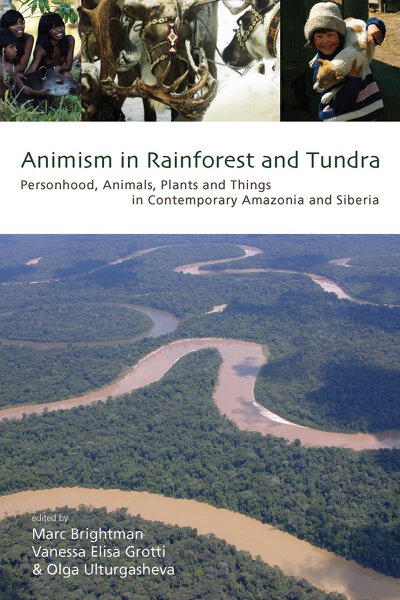 Published August 2012
Published August 2012 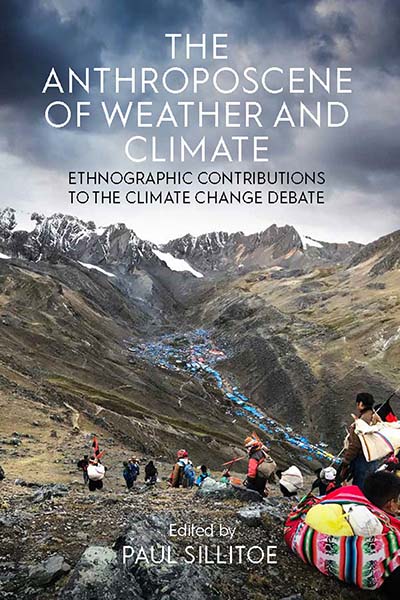 Published October 2021
Published October 2021  Published April 2022
Published April 2022  Published January 2026
Published January 2026 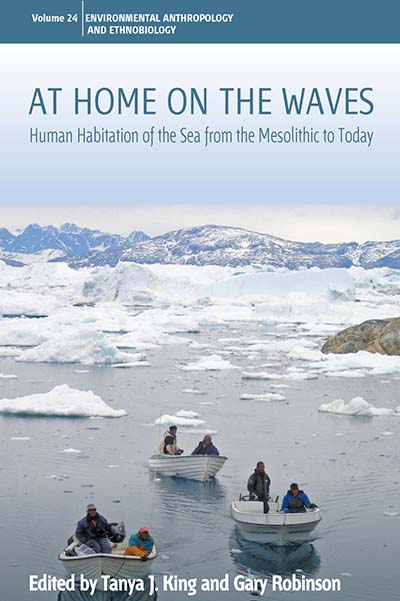 Published February 2019
Published February 2019 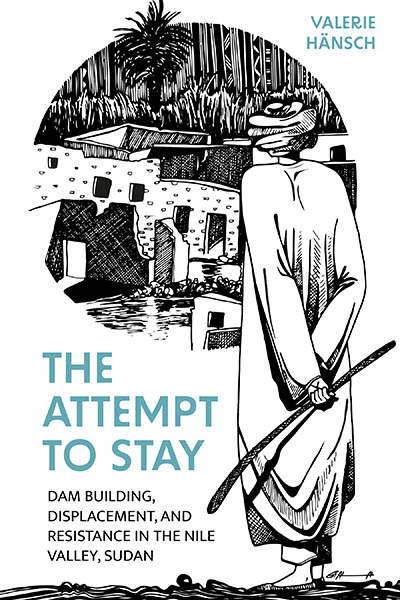 Published August 2024
Published August 2024  Published September 2023
Published September 2023 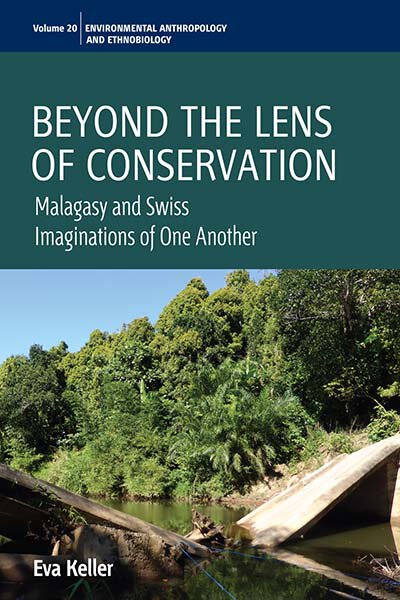 Published February 2015
Published February 2015 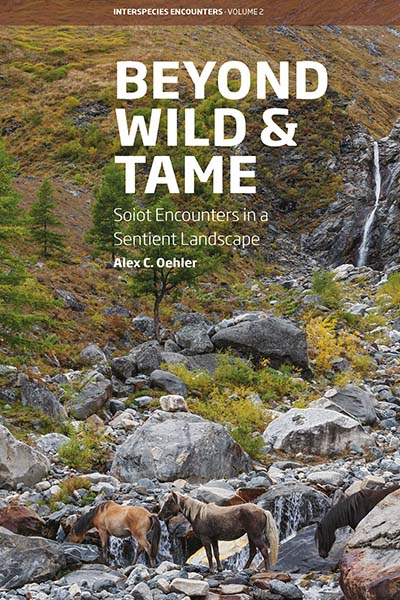 Published April 2020
Published April 2020 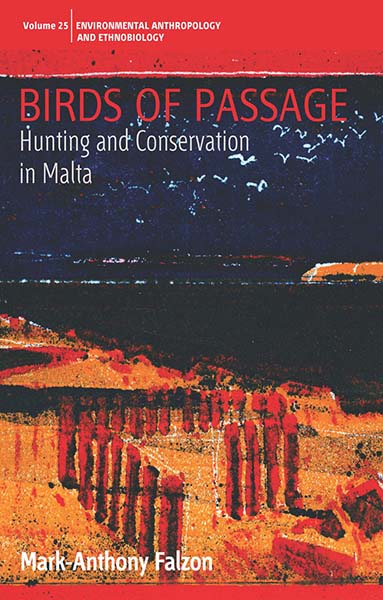 Published July 2020
Published July 2020  Published May 2006
Published May 2006 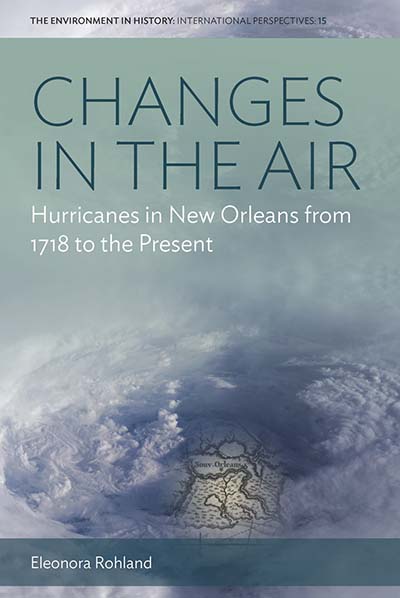 Published October 2018
Published October 2018  Published March 2016
Published March 2016  Published October 2023
Published October 2023  Published November 2012
Published November 2012 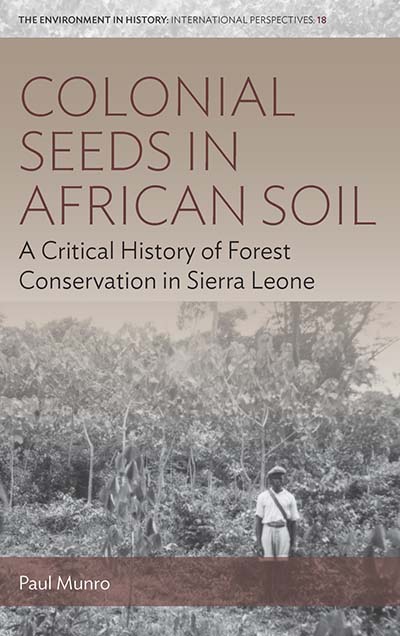 Published February 2020
Published February 2020  Published May 2025
Published May 2025  Published June 2020
Published June 2020 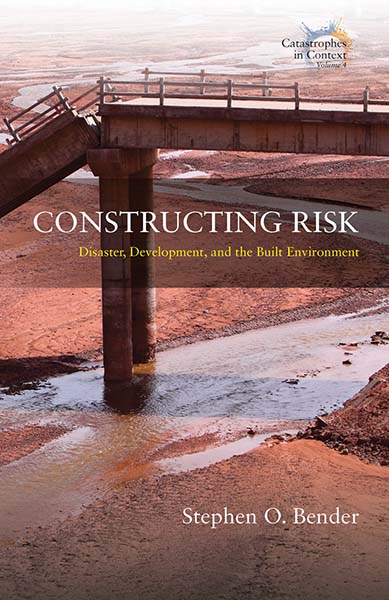 Published August 2021
Published August 2021 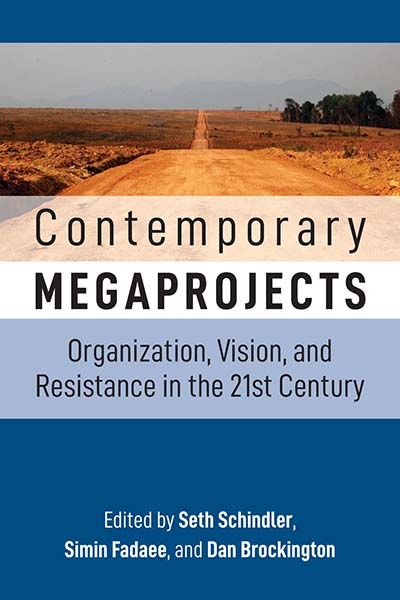 Published August 2021
Published August 2021 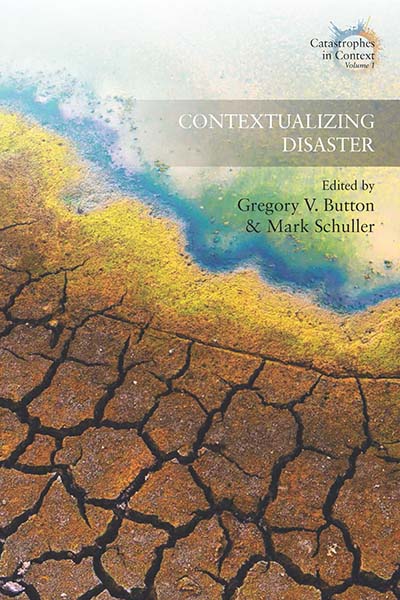 Published September 2016
Published September 2016 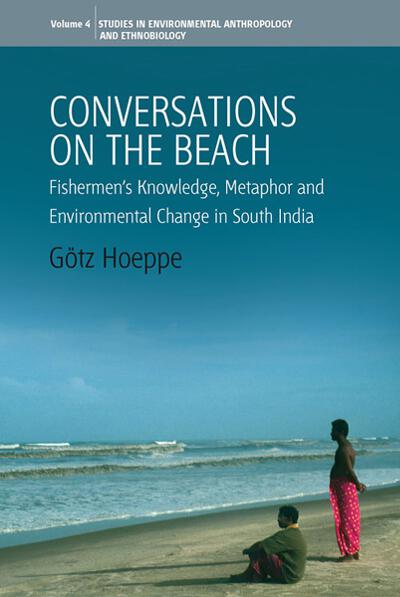 Published January 2007
Published January 2007 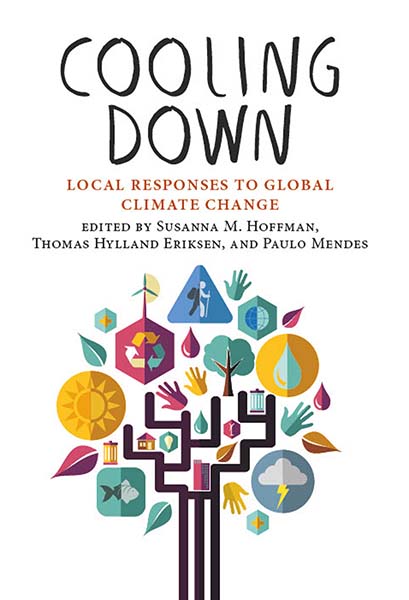 Published February 2022
Published February 2022  Published December 2007
Published December 2007  Published May 2023
Published May 2023 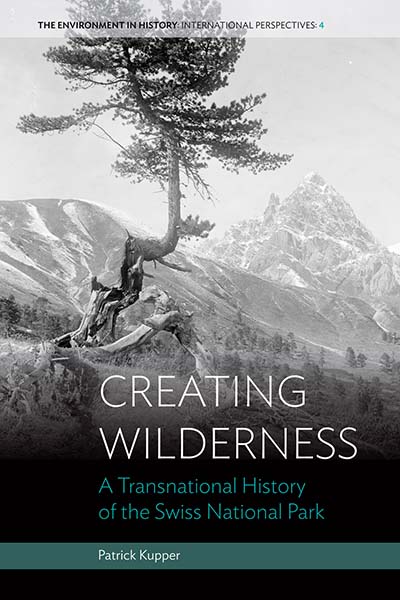 Published July 2014
Published July 2014 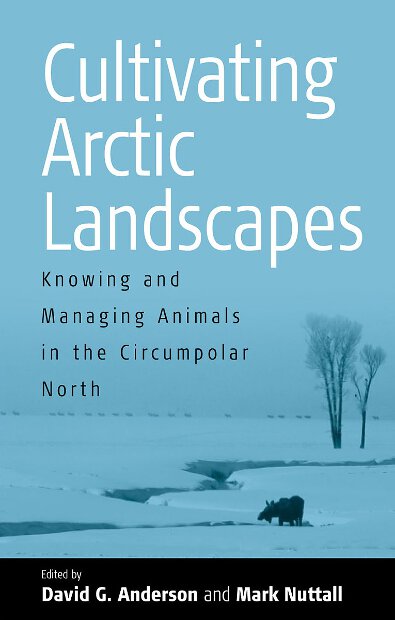 Published January 2004
Published January 2004  Published April 2008
Published April 2008 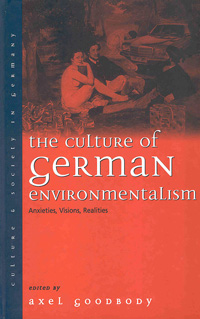 Published December 2002
Published December 2002 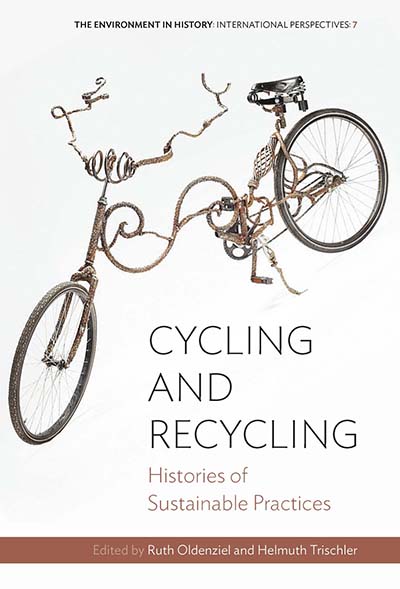 Published December 2015
Published December 2015 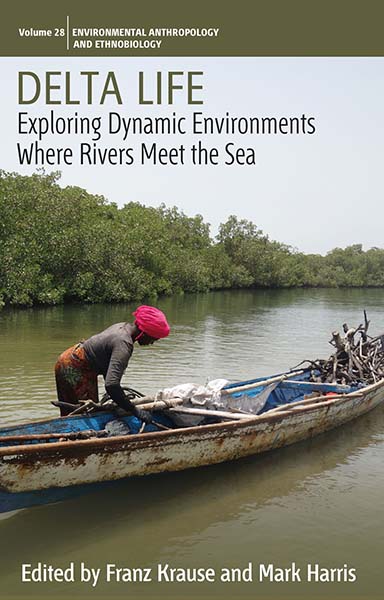 Published June 2021
Published June 2021  Published October 2017
Published October 2017  Published January 2025
Published January 2025 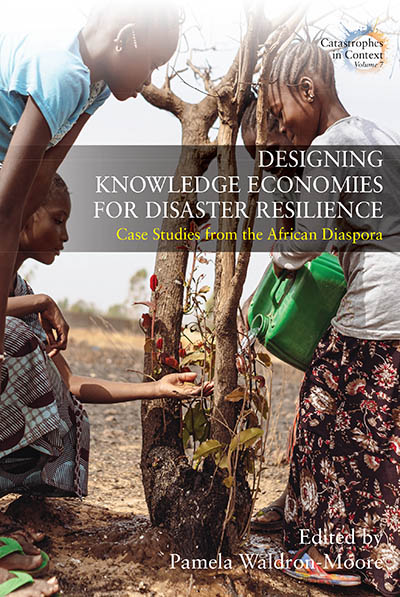 Published November 2023
Published November 2023 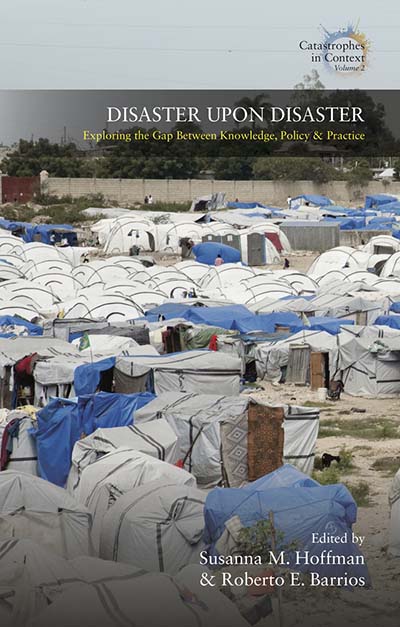 Published October 2019
Published October 2019 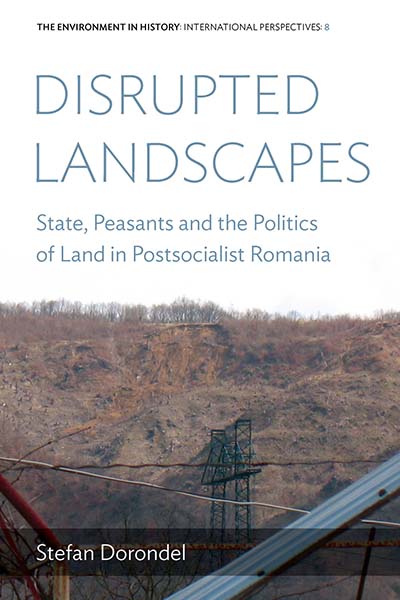 Published March 2016
Published March 2016  Published February 2007
Published February 2007  Published November 2020
Published November 2020  Published August 2011
Published August 2011 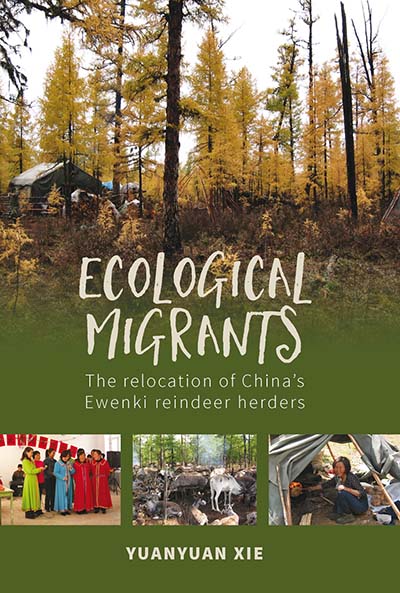 Published December 2015
Published December 2015 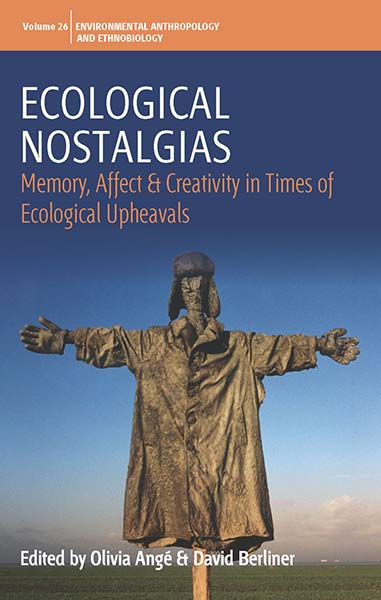 Published November 2020
Published November 2020 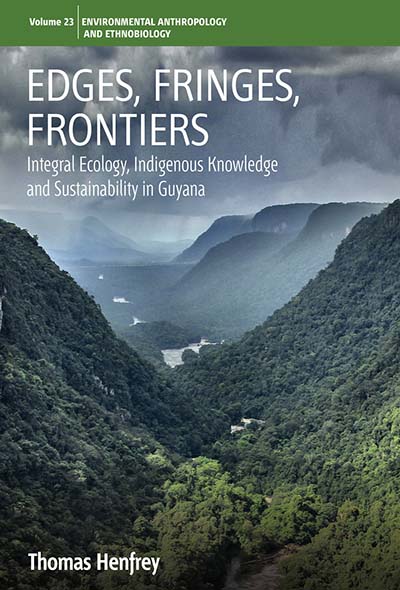 Published September 2018
Published September 2018  Published June 2021
Published June 2021 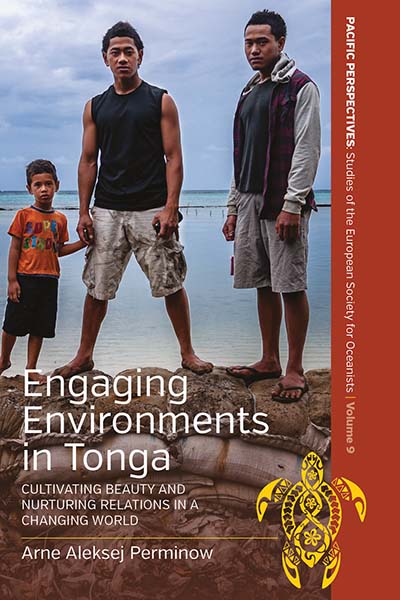 Published March 2022
Published March 2022 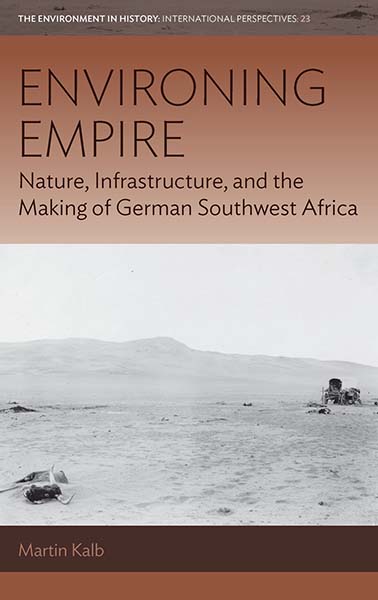 Published April 2022
Published April 2022 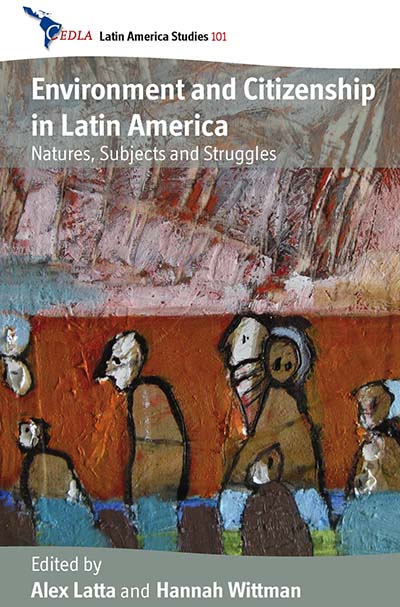 Published July 2012
Published July 2012 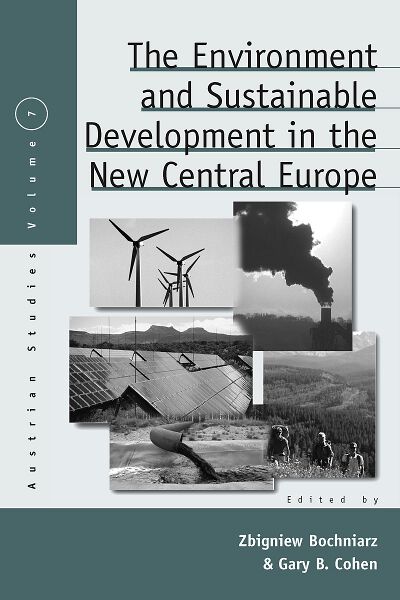 Published June 2006
Published June 2006  Published November 2003
Published November 2003 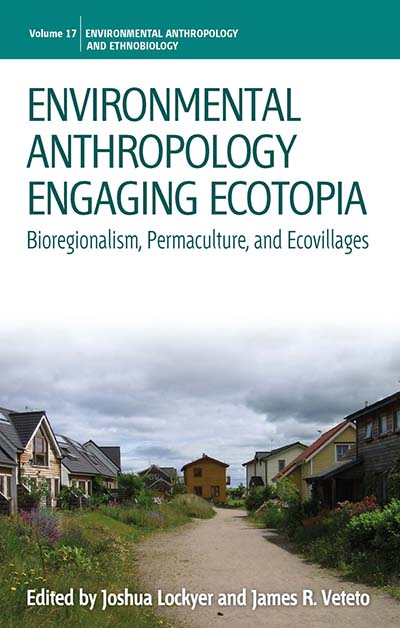 Published April 2013
Published April 2013  Published August 2008
Published August 2008 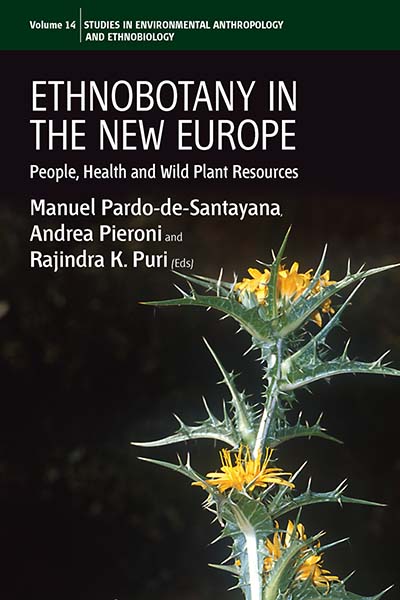 Published June 2010
Published June 2010 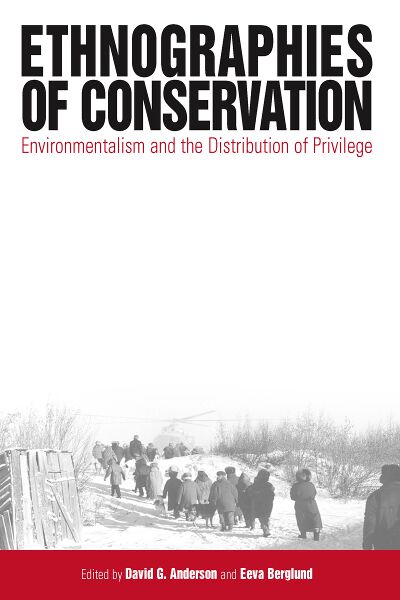 Published February 2003
Published February 2003 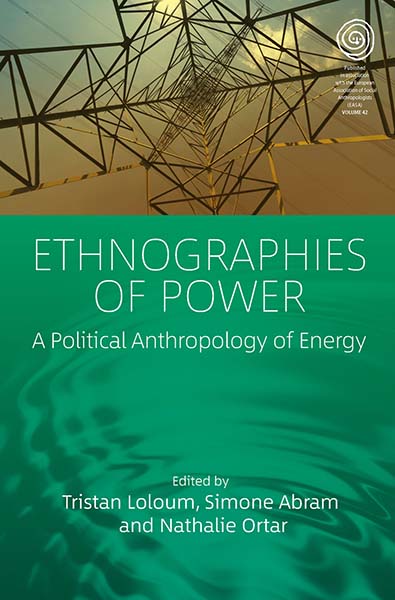 Published April 2021
Published April 2021  Forthcoming July 2026
Forthcoming July 2026  Published November 2011
Published November 2011 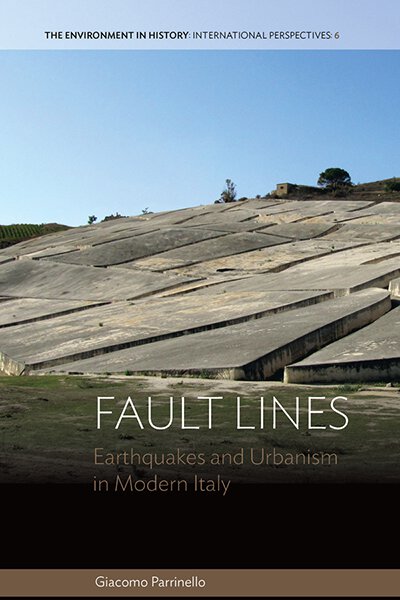 Published May 2015
Published May 2015  Published August 2023
Published August 2023 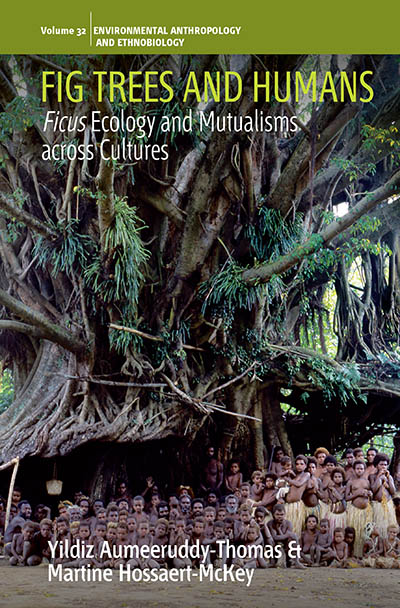 Published February 2024
Published February 2024 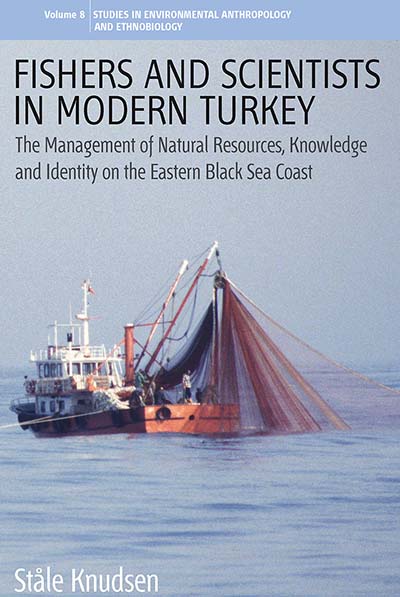 Published December 2008
Published December 2008 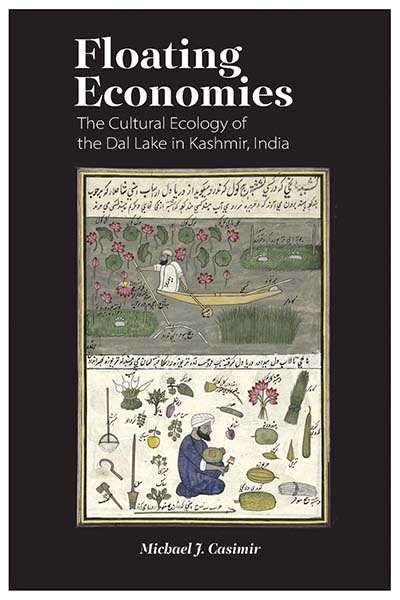 Published March 2021
Published March 2021 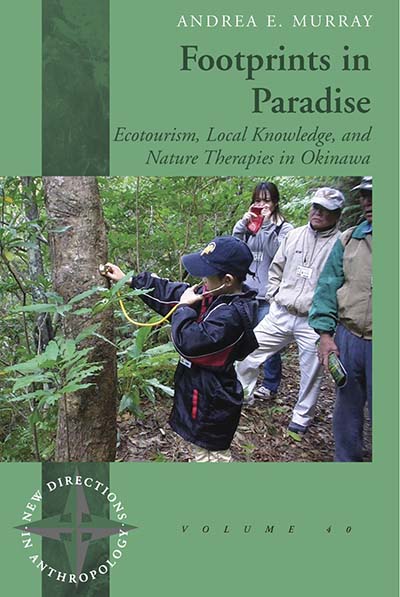 Published June 2017
Published June 2017 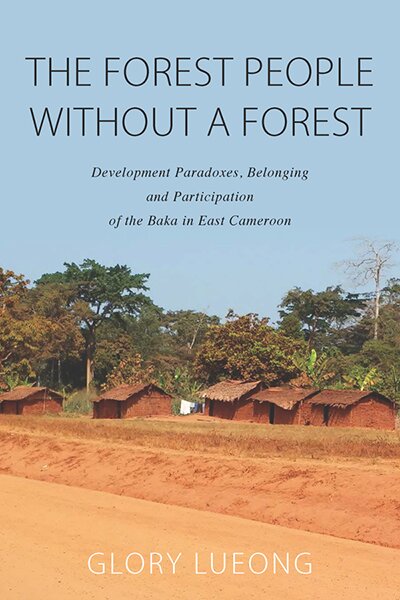 Published December 2016
Published December 2016 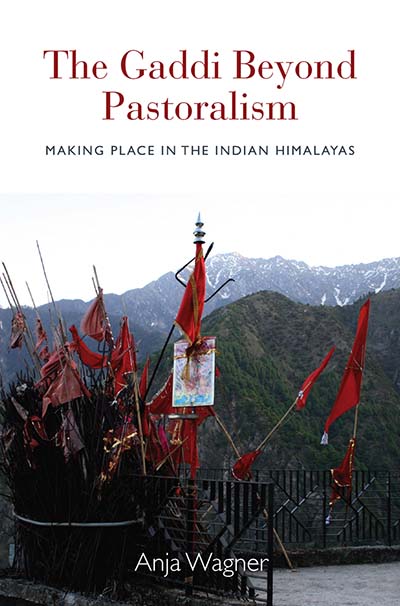 Published June 2013
Published June 2013  Published August 2009
Published August 2009  Forthcoming March 2026
Forthcoming March 2026 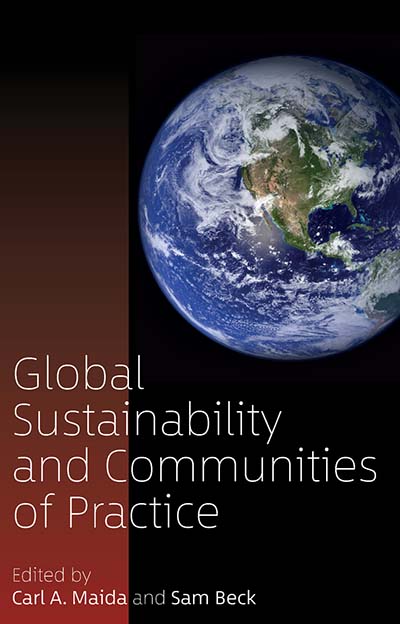 Published March 2018
Published March 2018 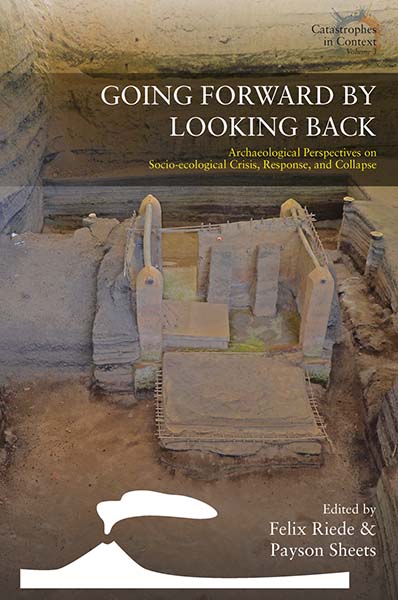 Published September 2020
Published September 2020 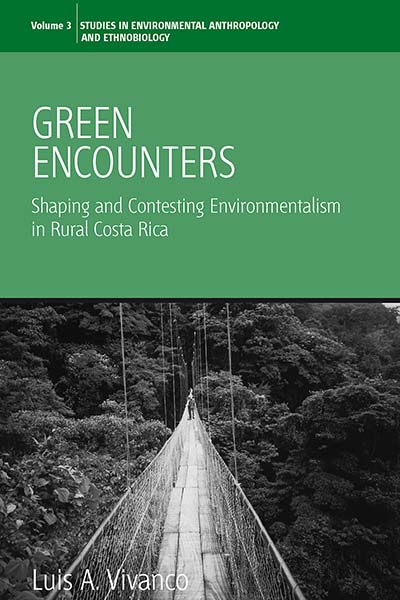 Published June 2006
Published June 2006  Published March 2025
Published March 2025  Published November 2025
Published November 2025 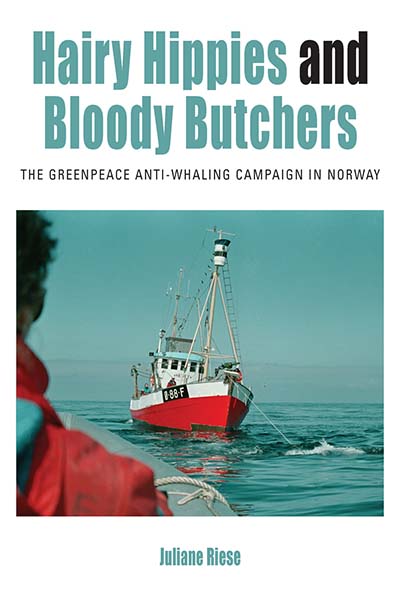 Published May 2017
Published May 2017  Published August 2019
Published August 2019 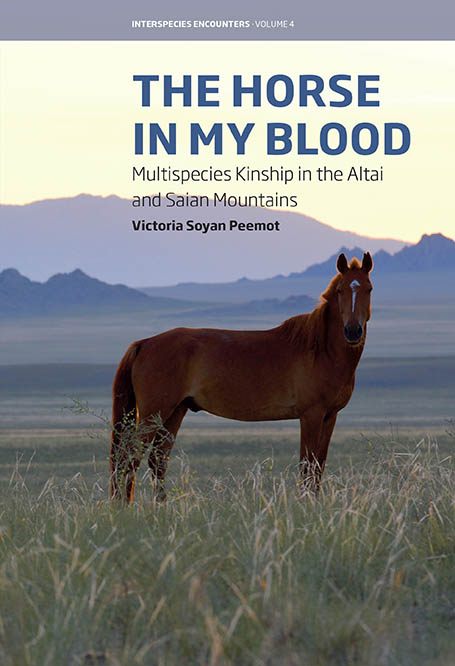 Published March 2024
Published March 2024  Published April 2024
Published April 2024 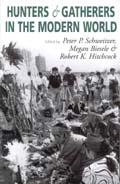 Published April 2000
Published April 2000 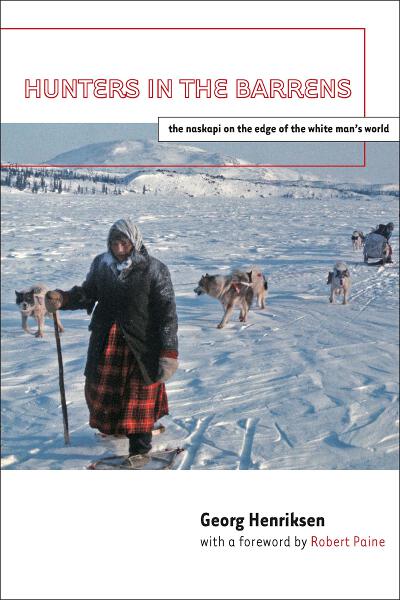 Published December 2010
Published December 2010  Published October 2014
Published October 2014 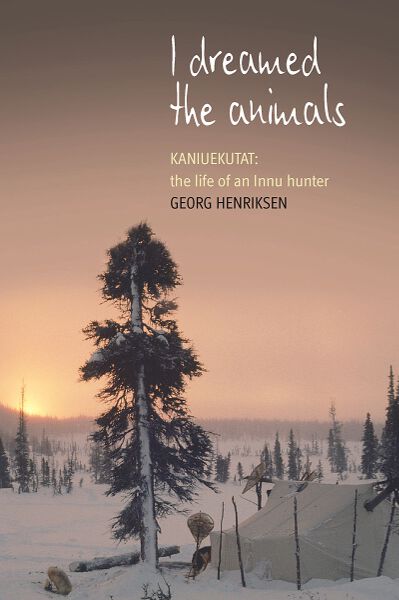 Published October 2008
Published October 2008  Published October 2018
Published October 2018 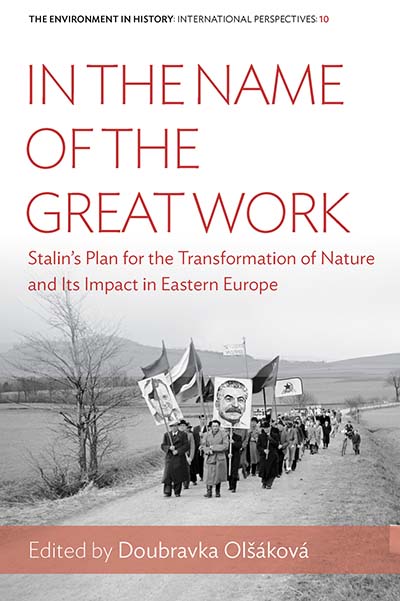 Published September 2016
Published September 2016 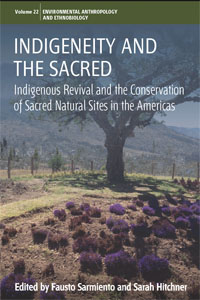 Published June 2017
Published June 2017 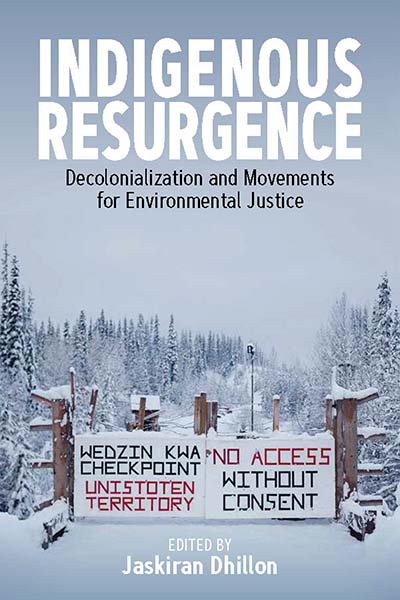 Published March 2022
Published March 2022 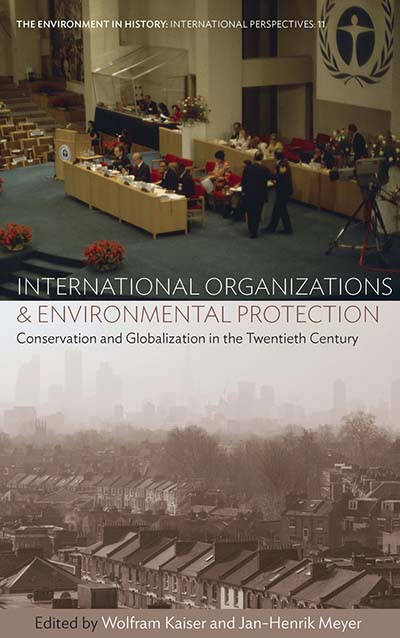 Published December 2016
Published December 2016 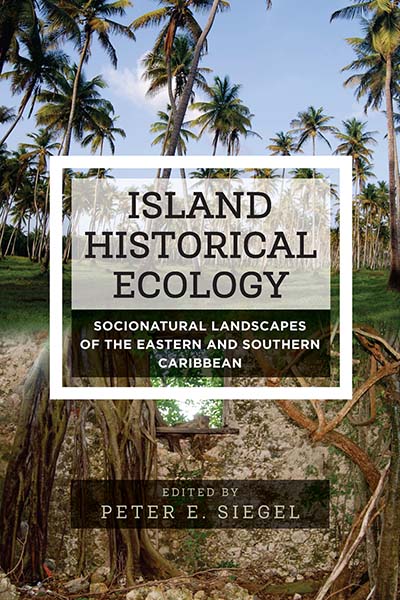 Published January 2018
Published January 2018 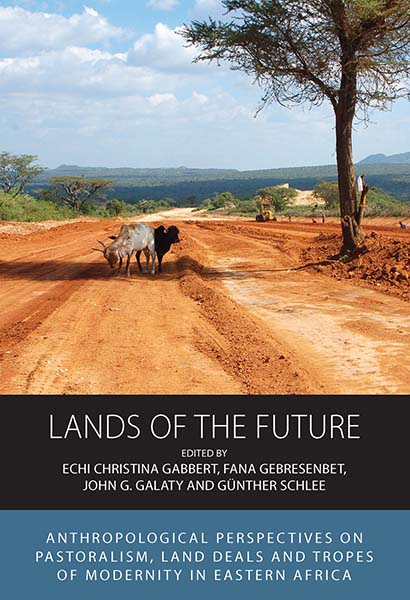 Published January 2021
Published January 2021 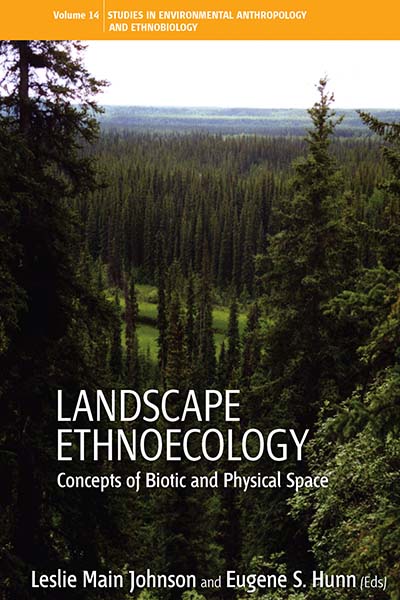 Published February 2010
Published February 2010 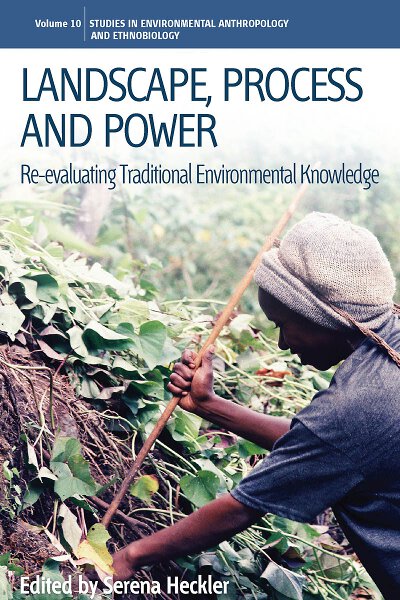 Published April 2009
Published April 2009 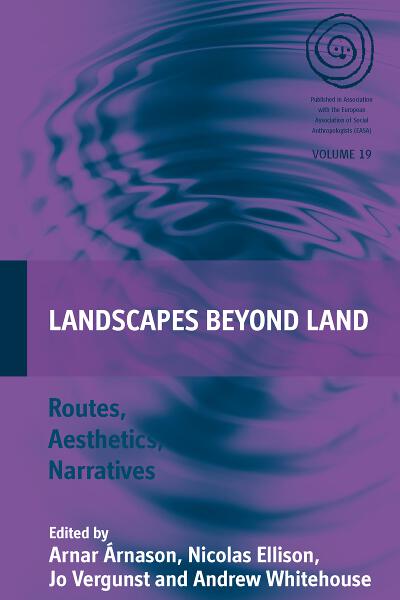 Published September 2012
Published September 2012 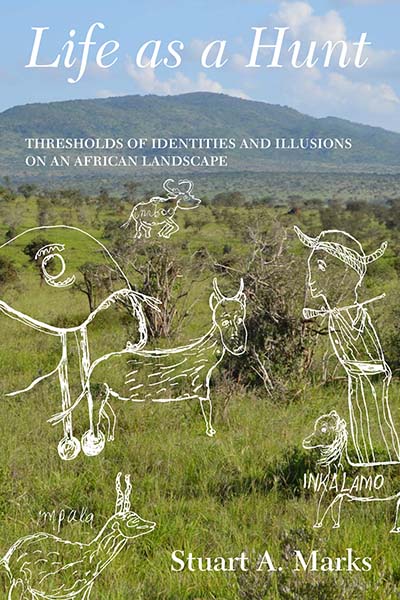 Published September 2016
Published September 2016  Published November 1996
Published November 1996 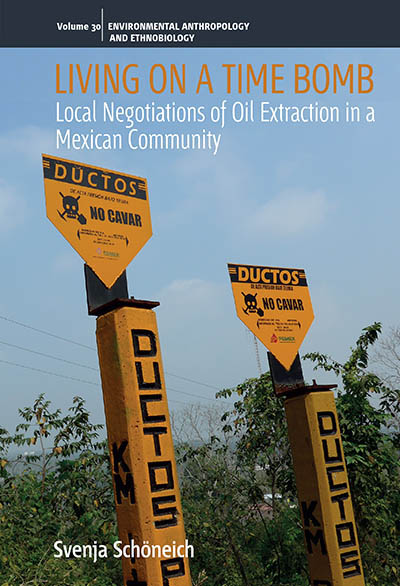 Published October 2022
Published October 2022 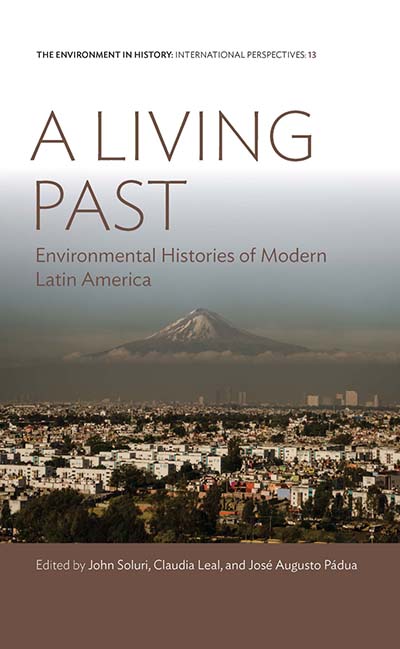 Published February 2018
Published February 2018 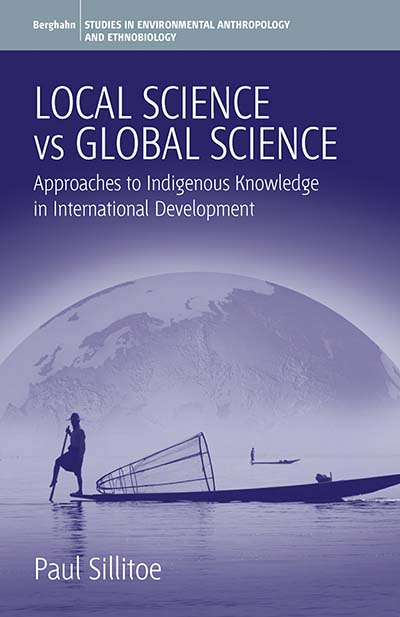 Published December 2006
Published December 2006 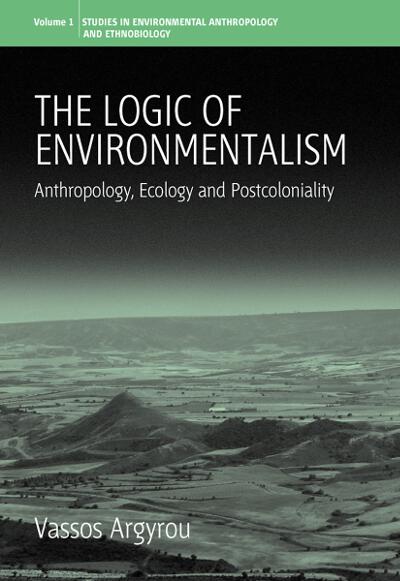 Published September 2005
Published September 2005 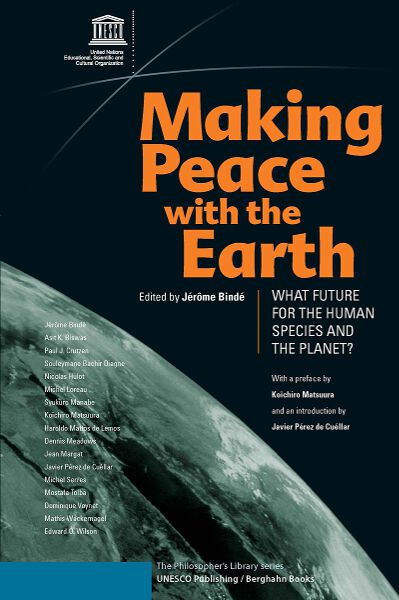 Published January 2007
Published January 2007 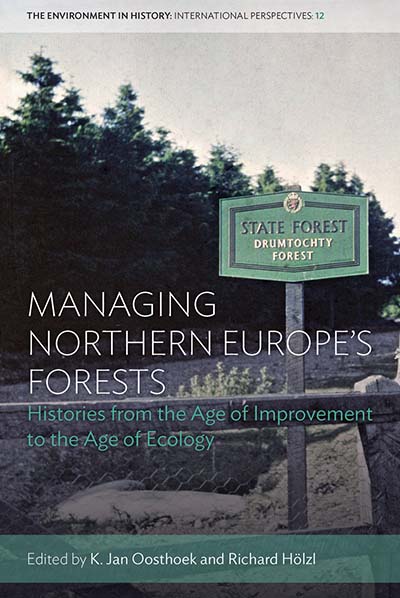 Published February 2018
Published February 2018 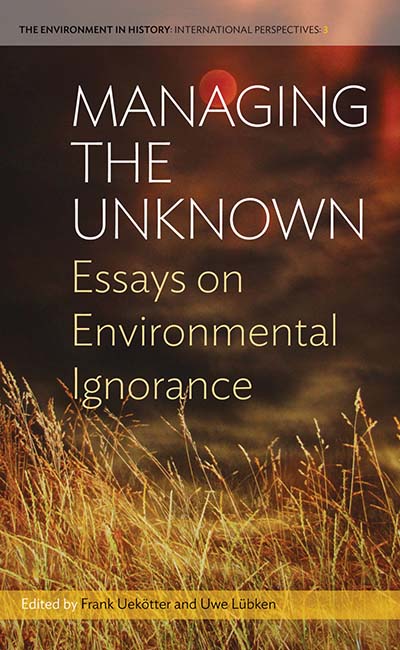 Published March 2014
Published March 2014  Published December 2020
Published December 2020 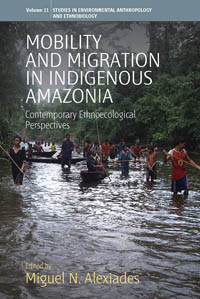 Published April 2009
Published April 2009 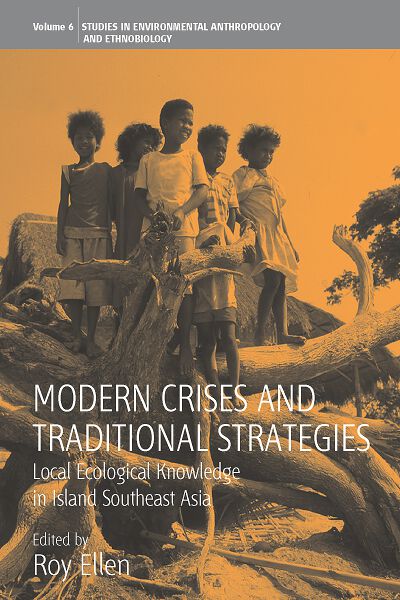 Published July 2007
Published July 2007  Published September 2016
Published September 2016  Published October 2004
Published October 2004  Published November 2004
Published November 2004 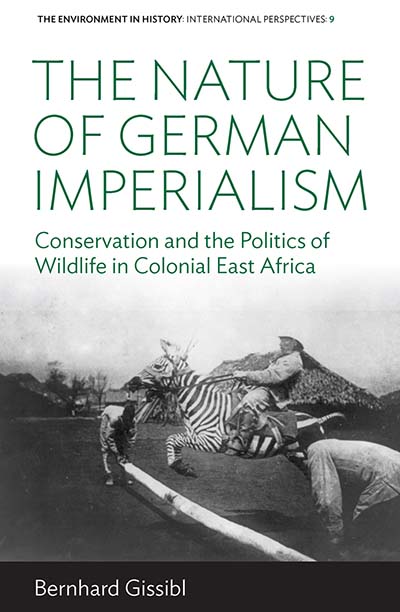 Published July 2016
Published July 2016  Published May 2008
Published May 2008  Published November 2020
Published November 2020 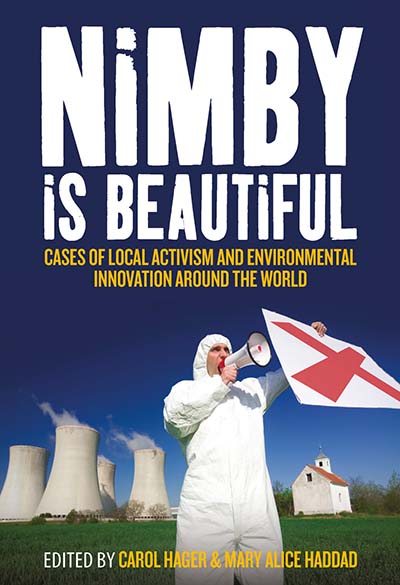 Published March 2015
Published March 2015  Published September 2012
Published September 2012 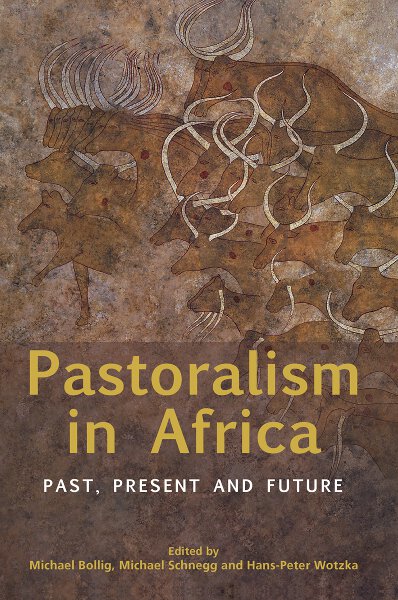 Published July 2013
Published July 2013 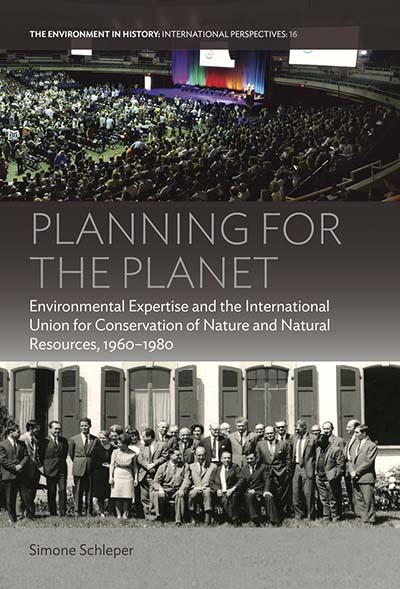 Published July 2019
Published July 2019 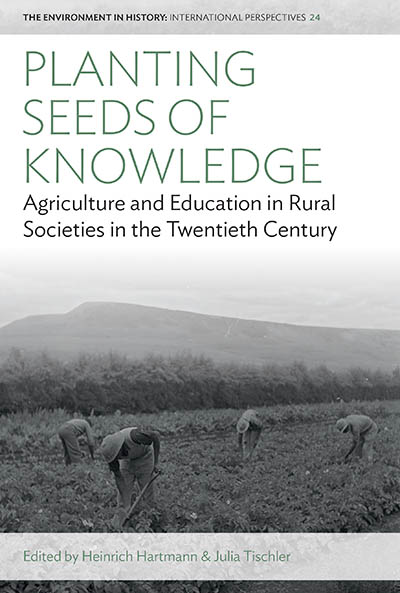 Published June 2023
Published June 2023 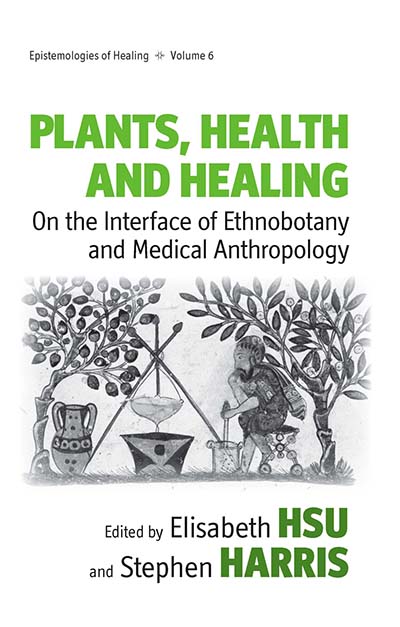 Published September 2010
Published September 2010  Published January 2014
Published January 2014 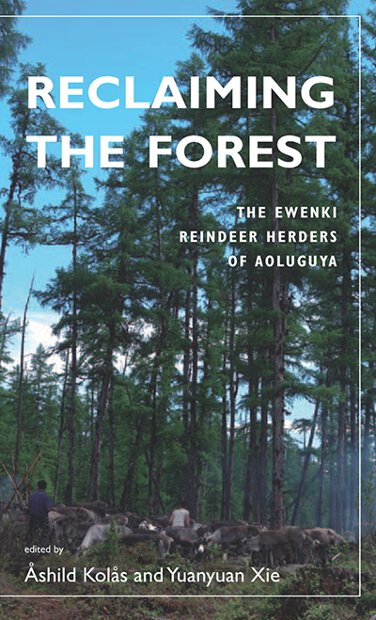 Published April 2015
Published April 2015  Published February 2025
Published February 2025  Published January 2021
Published January 2021 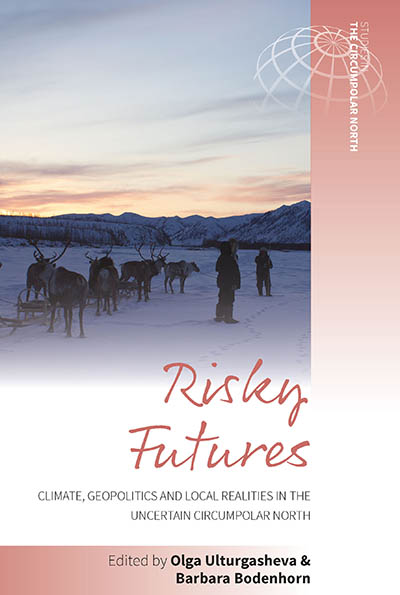 Published August 2022
Published August 2022  Published November 2014
Published November 2014 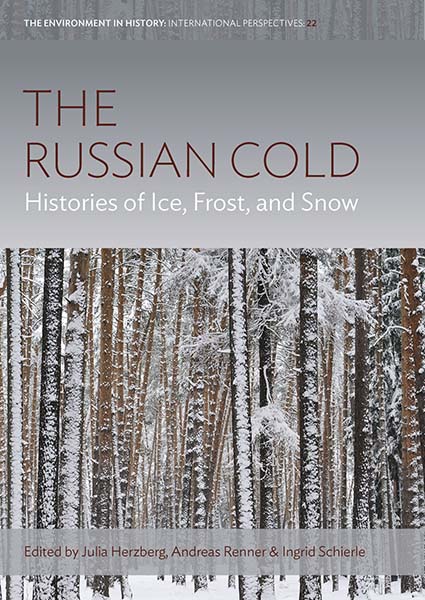 Published August 2021
Published August 2021 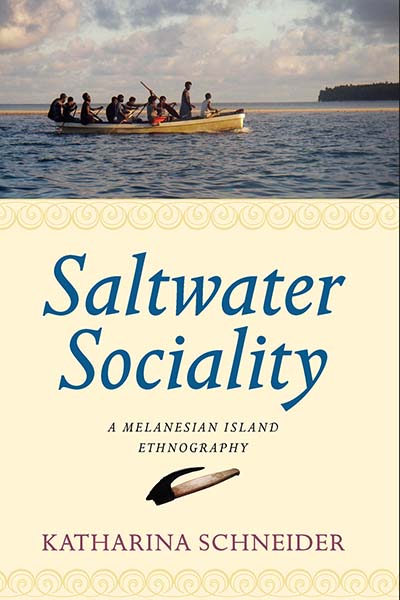 Published February 2012
Published February 2012 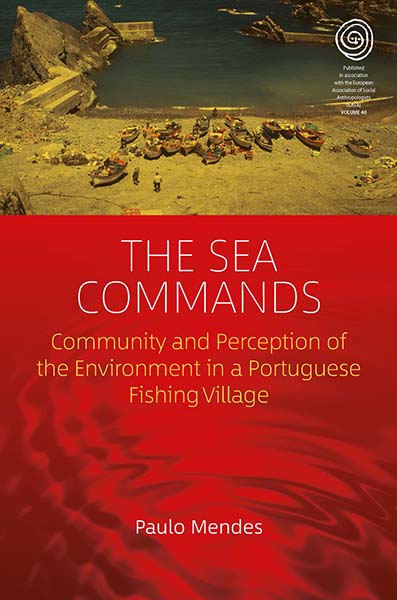 Published December 2020
Published December 2020  Published February 2023
Published February 2023 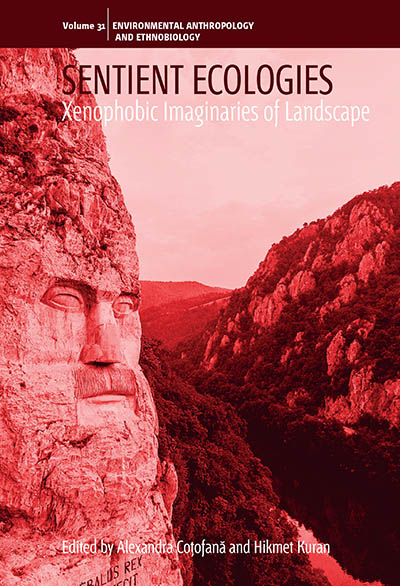 Published November 2022
Published November 2022  Published February 2002
Published February 2002  Published August 2013
Published August 2013  Published June 2021
Published June 2021 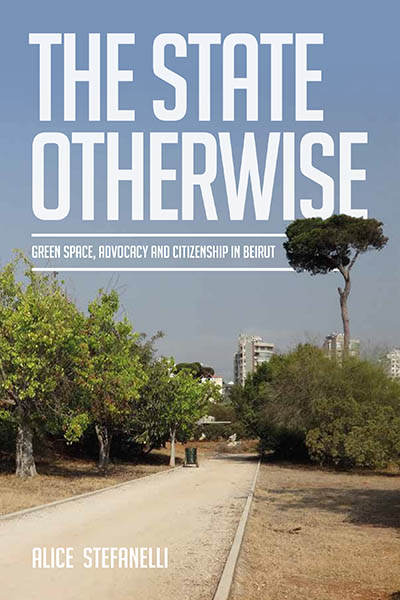 Published August 2024
Published August 2024 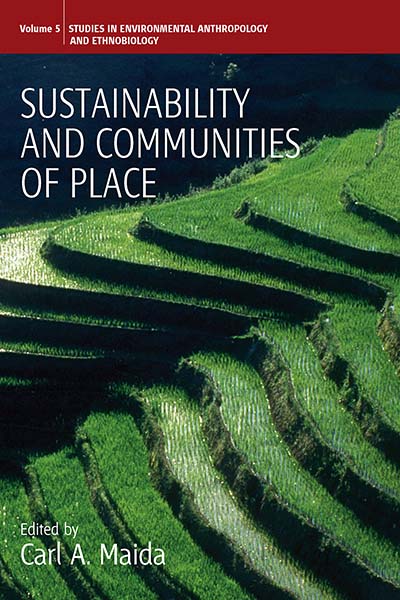 Published April 2007
Published April 2007 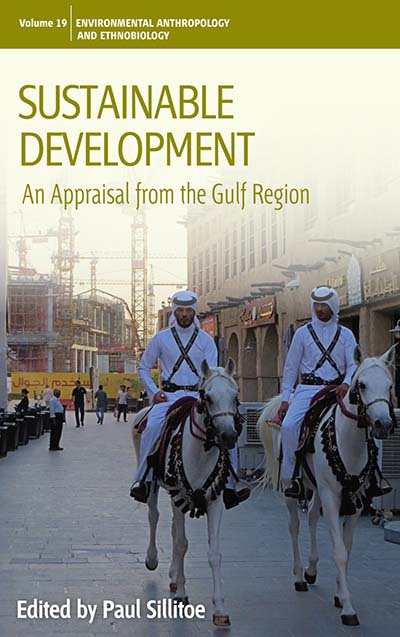 Published August 2014
Published August 2014  Published May 2018
Published May 2018 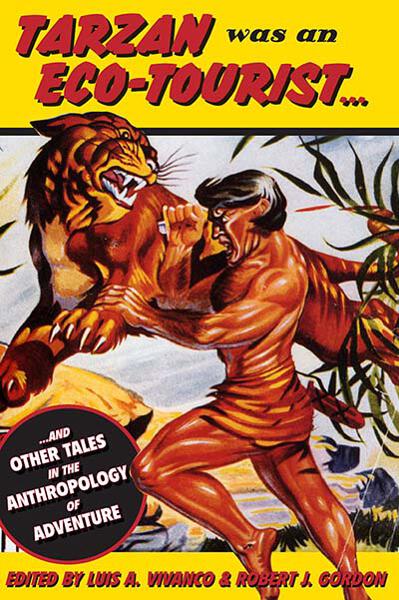 Published August 2006
Published August 2006 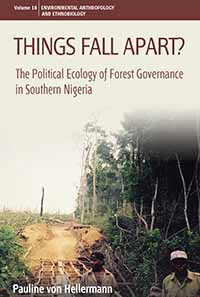 Published September 2013
Published September 2013 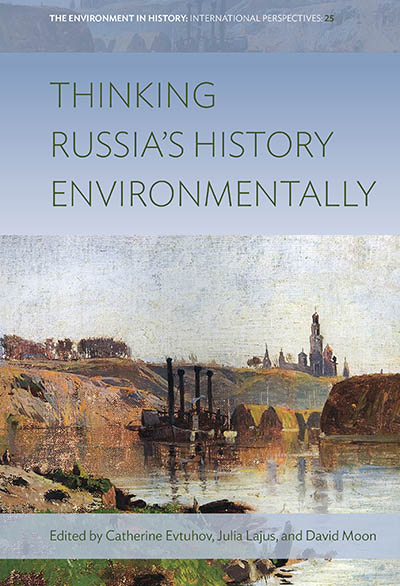 Published July 2023
Published July 2023  Published February 2022
Published February 2022 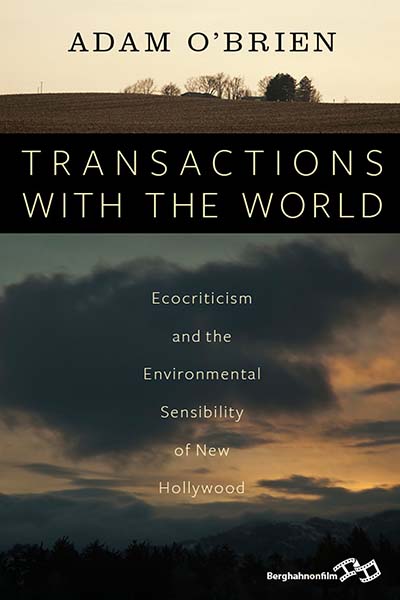 Published February 2016
Published February 2016 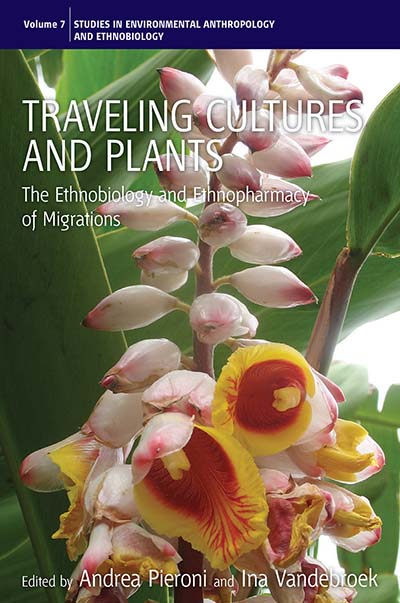 Published December 2007
Published December 2007 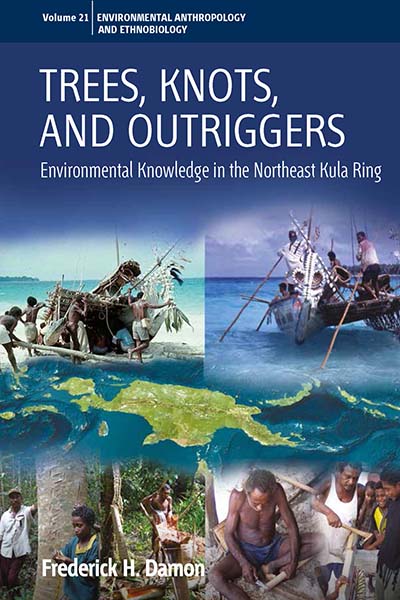 Published October 2016
Published October 2016  Published March 2025
Published March 2025 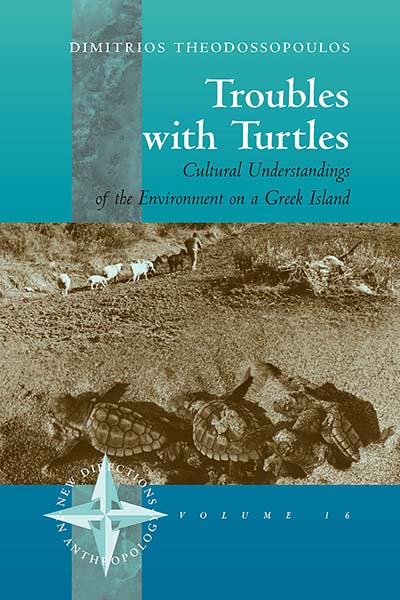 Published March 2003
Published March 2003  Published May 2017
Published May 2017 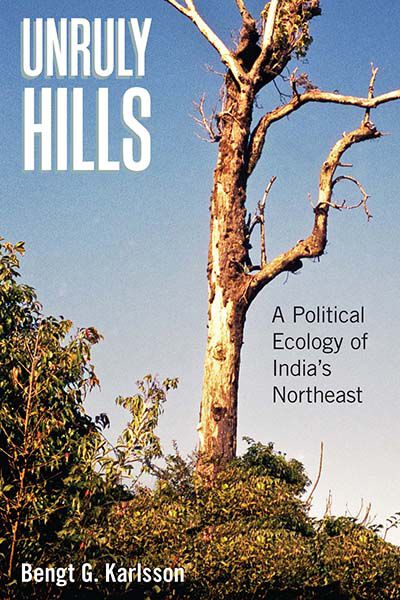 Published May 2011
Published May 2011 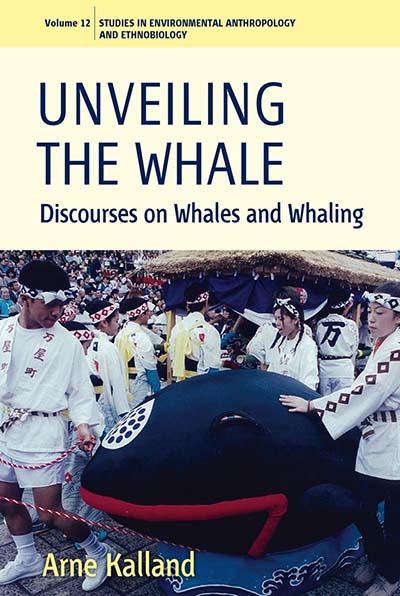 Published October 2009
Published October 2009 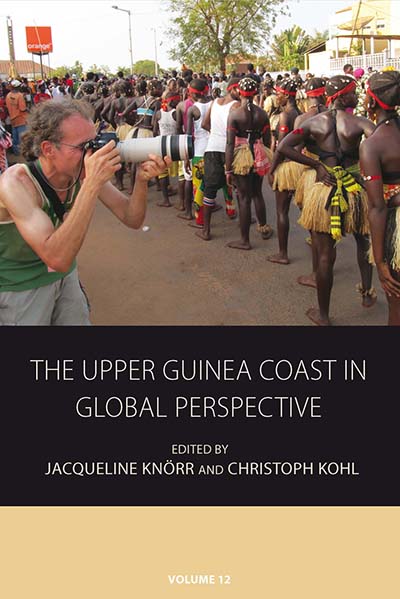 Published February 2016
Published February 2016  Published September 2023
Published September 2023 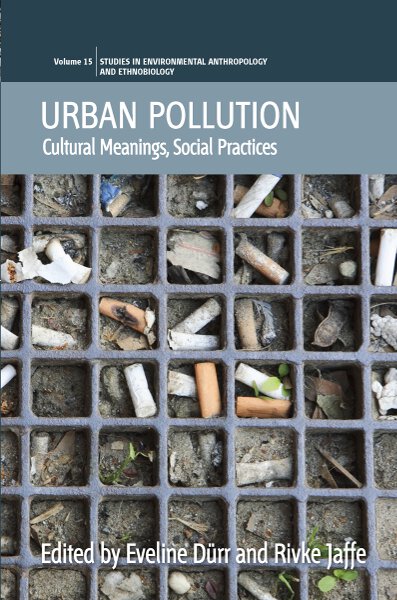 Published August 2010
Published August 2010 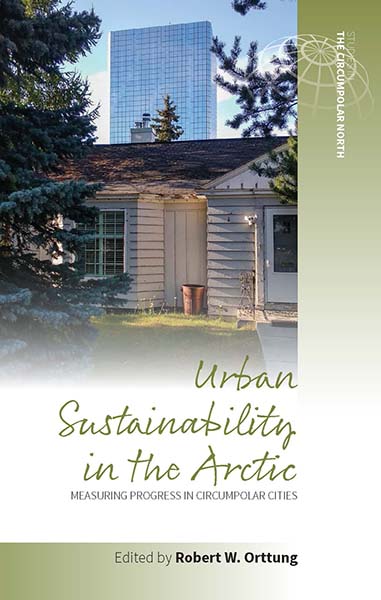 Published June 2020
Published June 2020  Published June 2003
Published June 2003  Published November 2009
Published November 2009  Published April 2003
Published April 2003  Published September 2019
Published September 2019  Forthcoming May 2026
Forthcoming May 2026 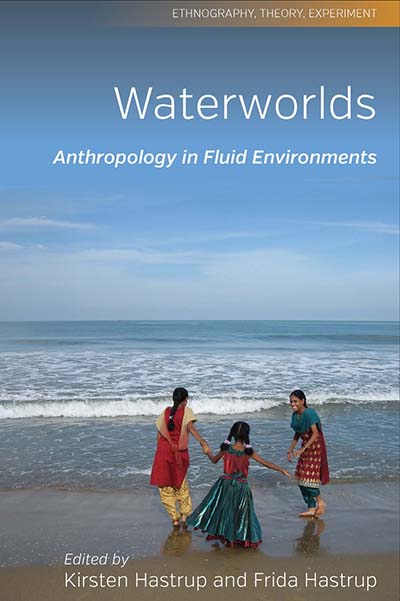 Published November 2015
Published November 2015 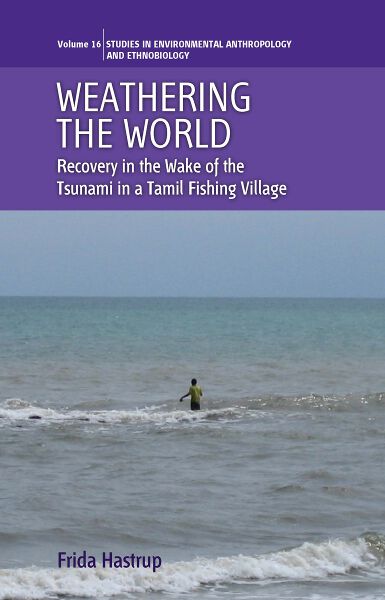 Published August 2011
Published August 2011 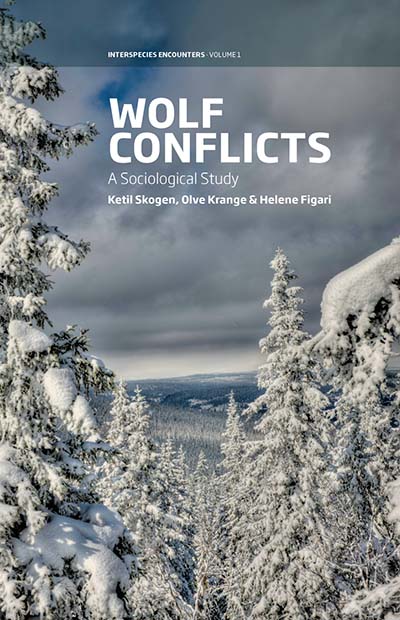 Published May 2017
Published May 2017 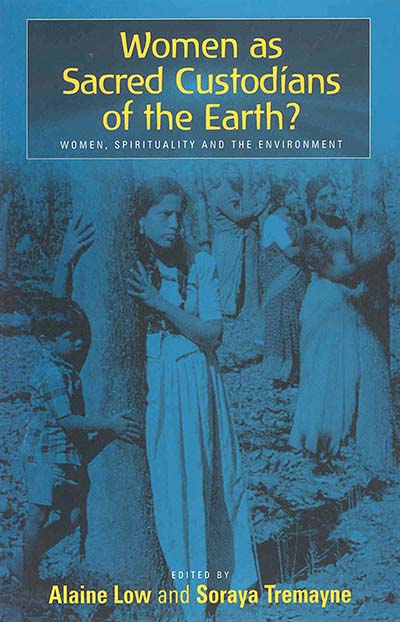 Published December 2001
Published December 2001